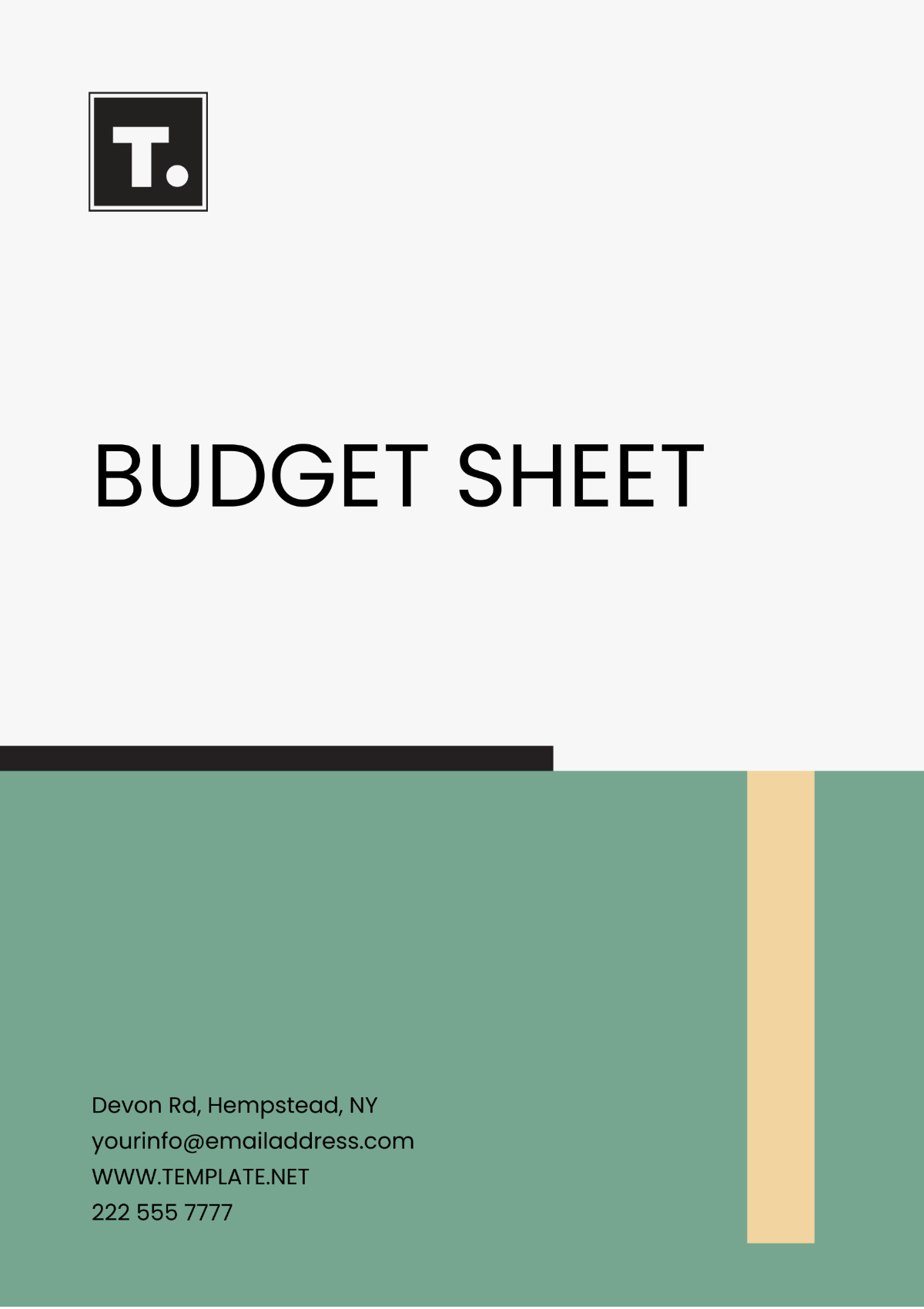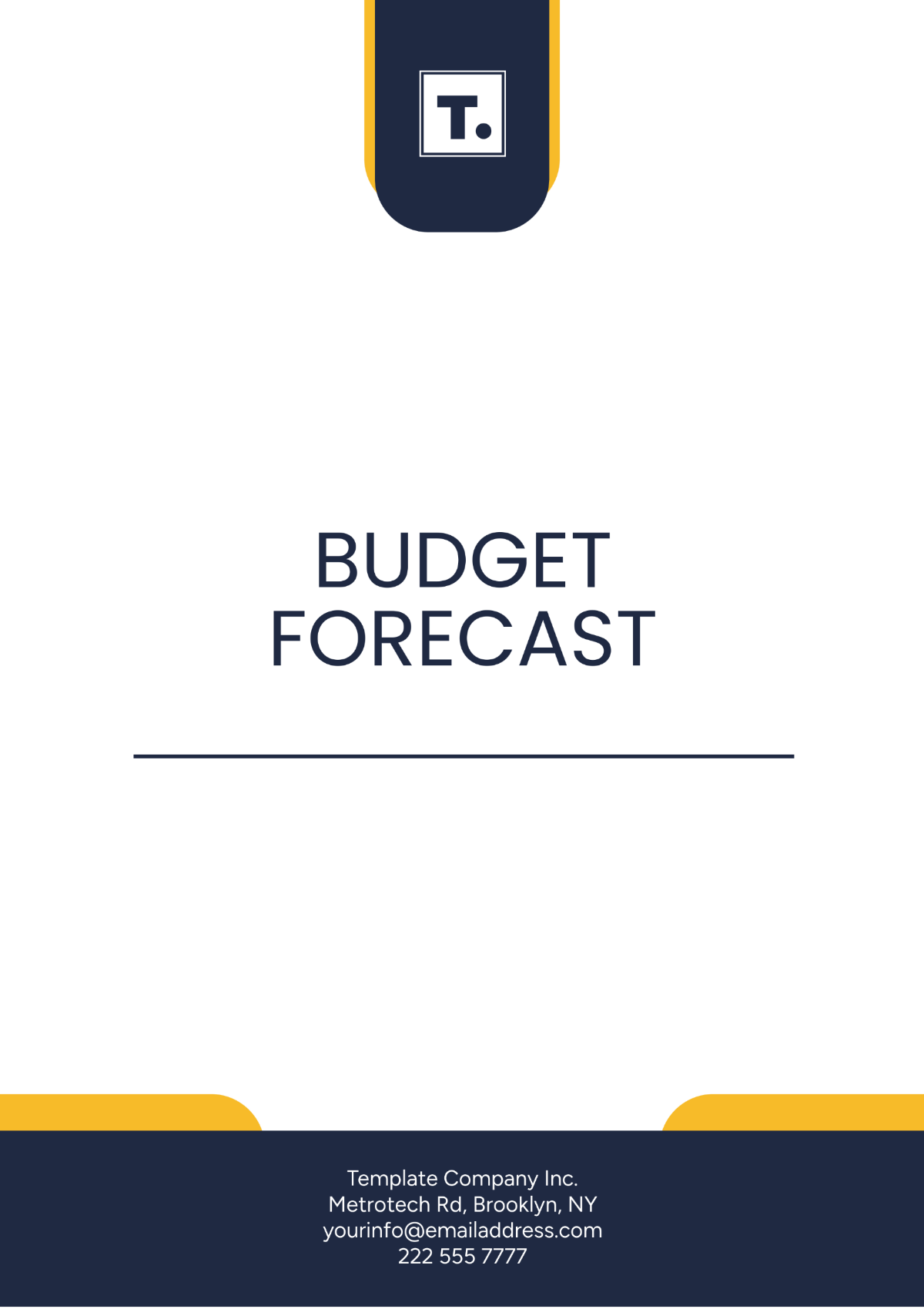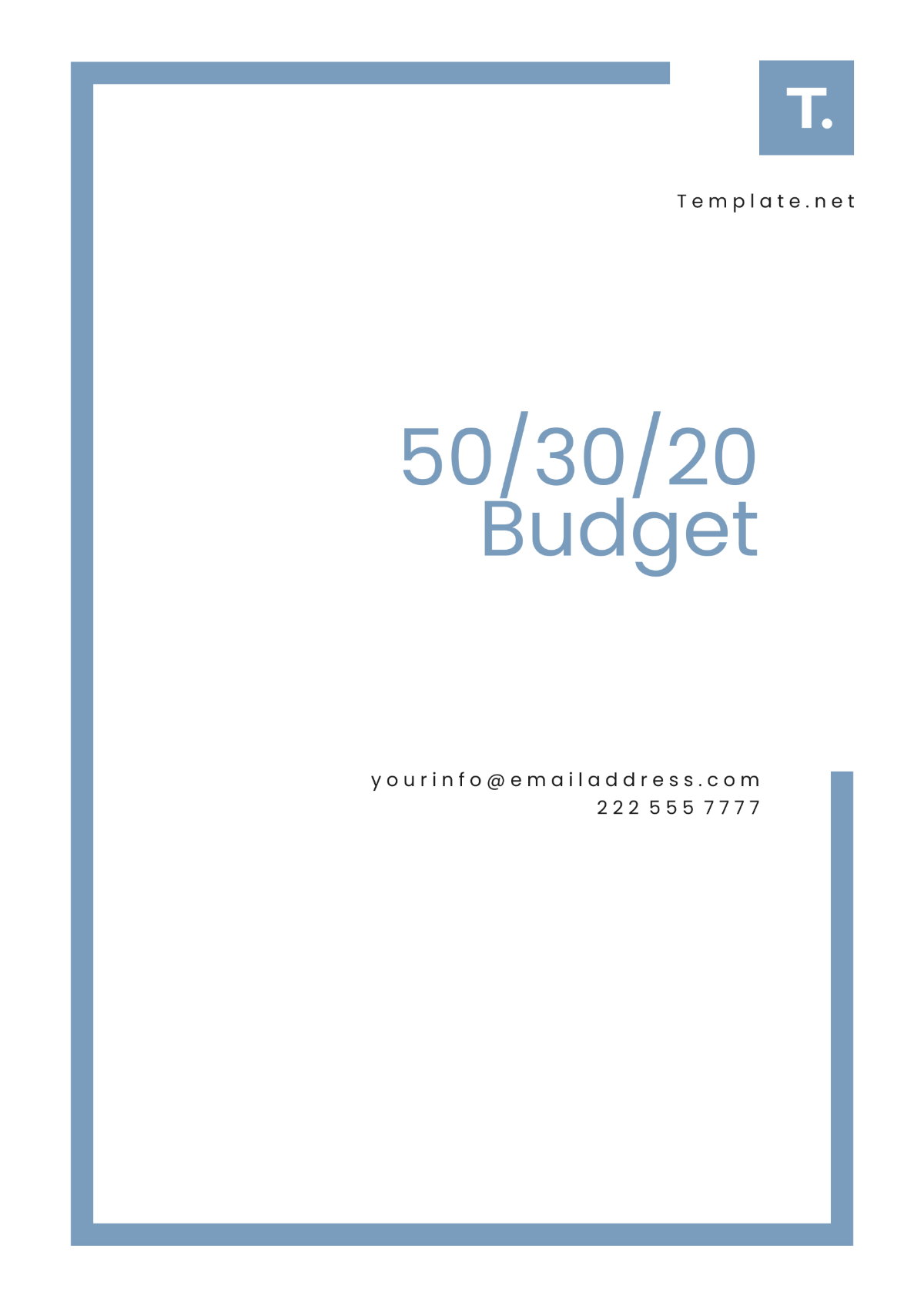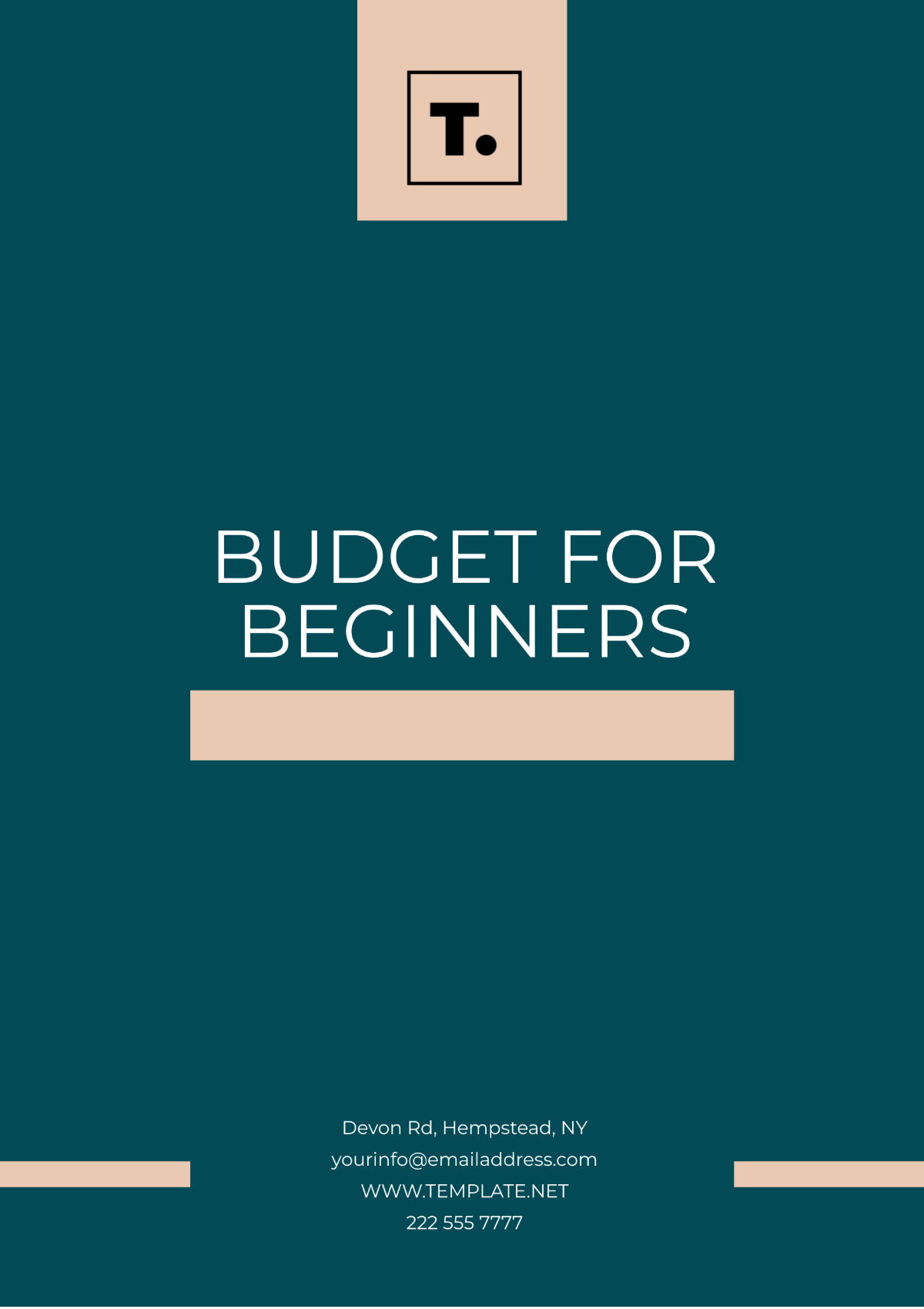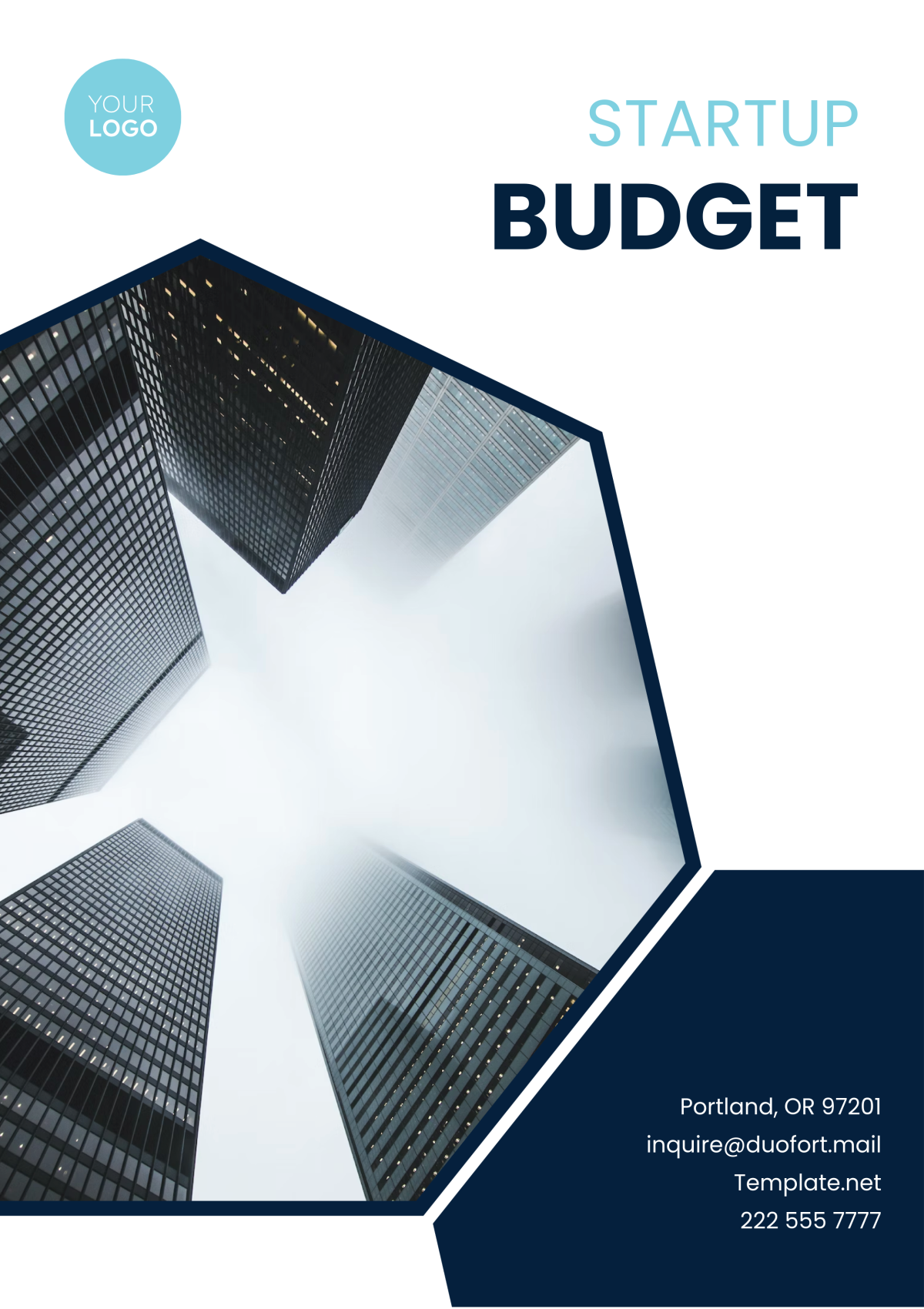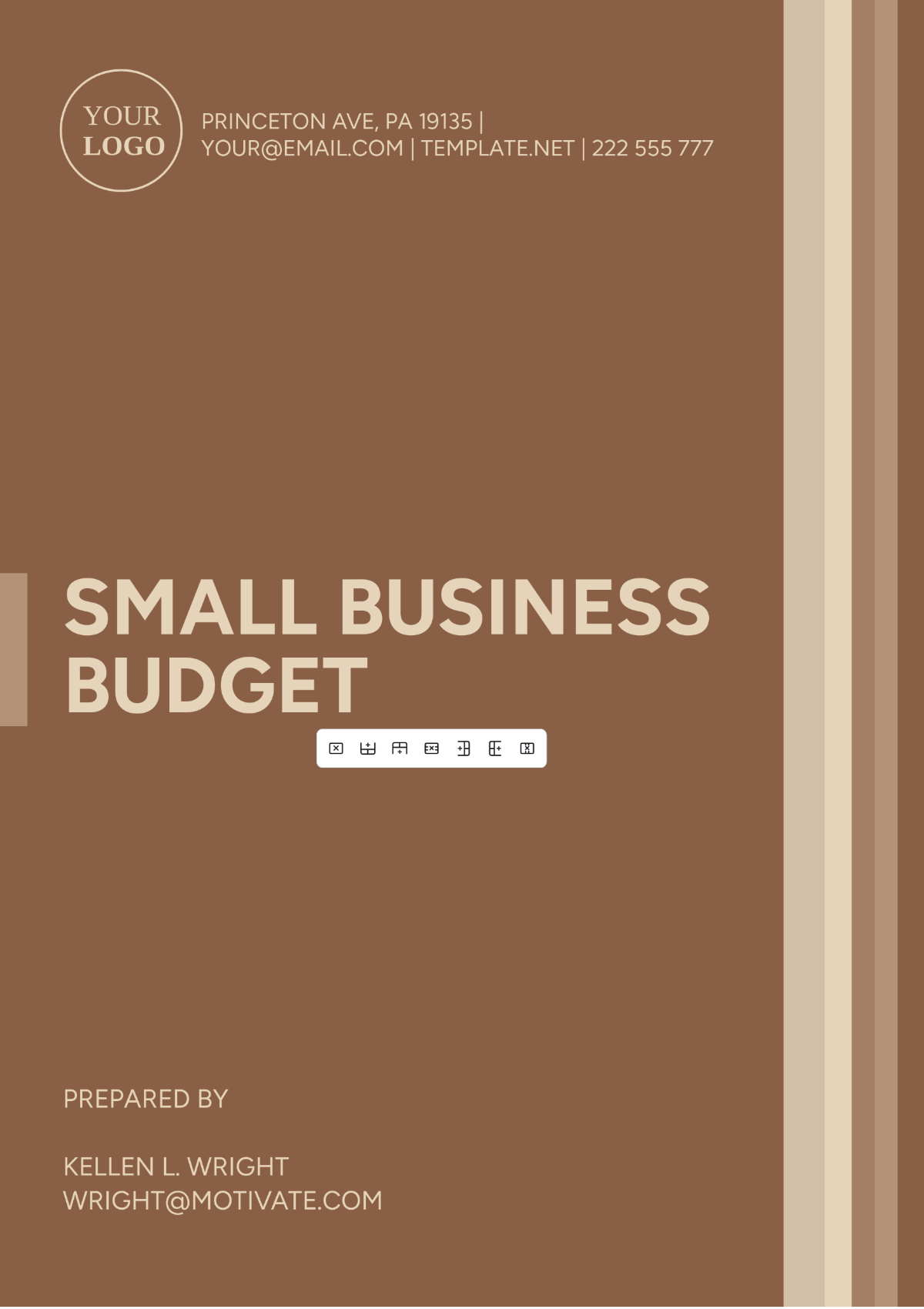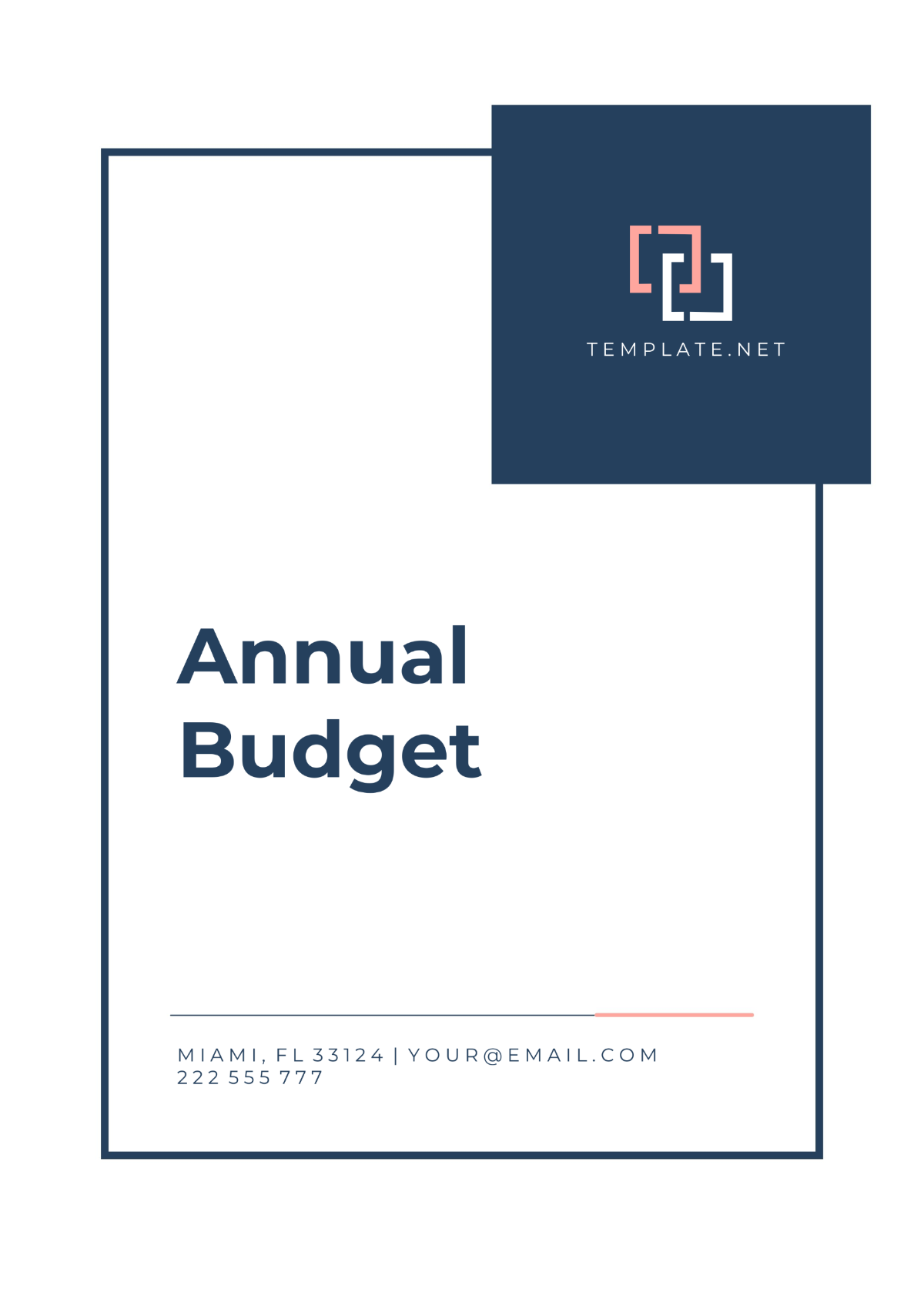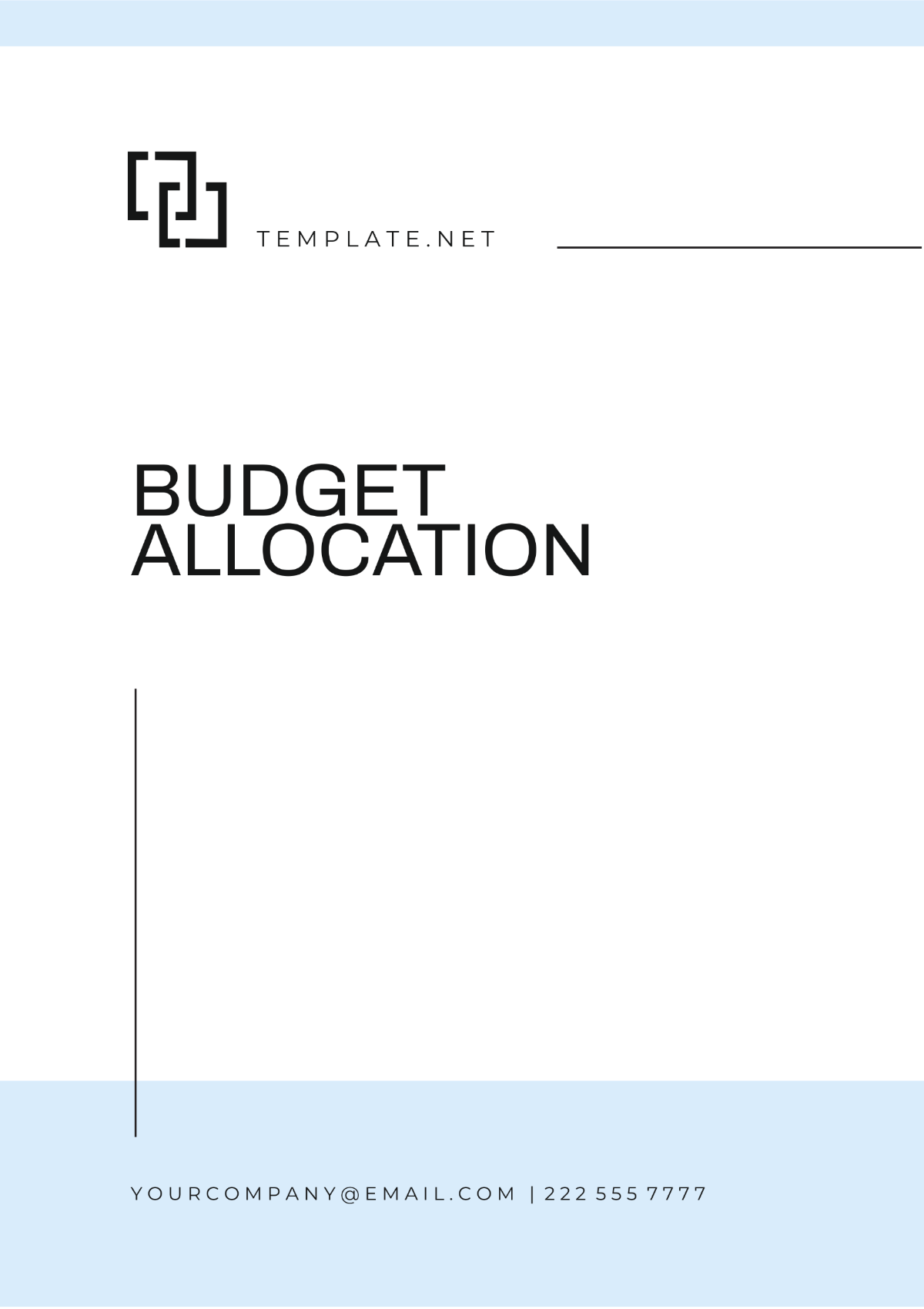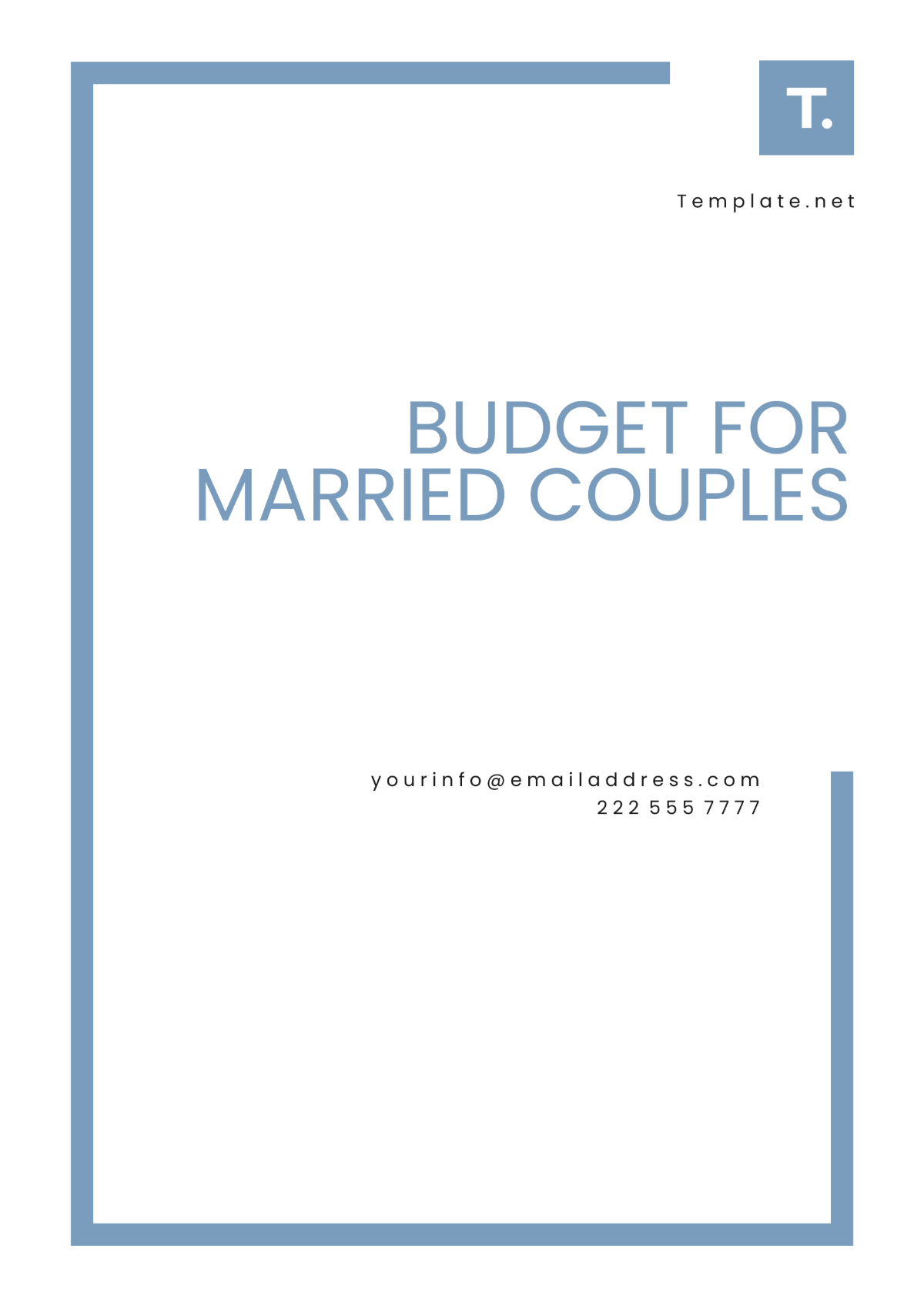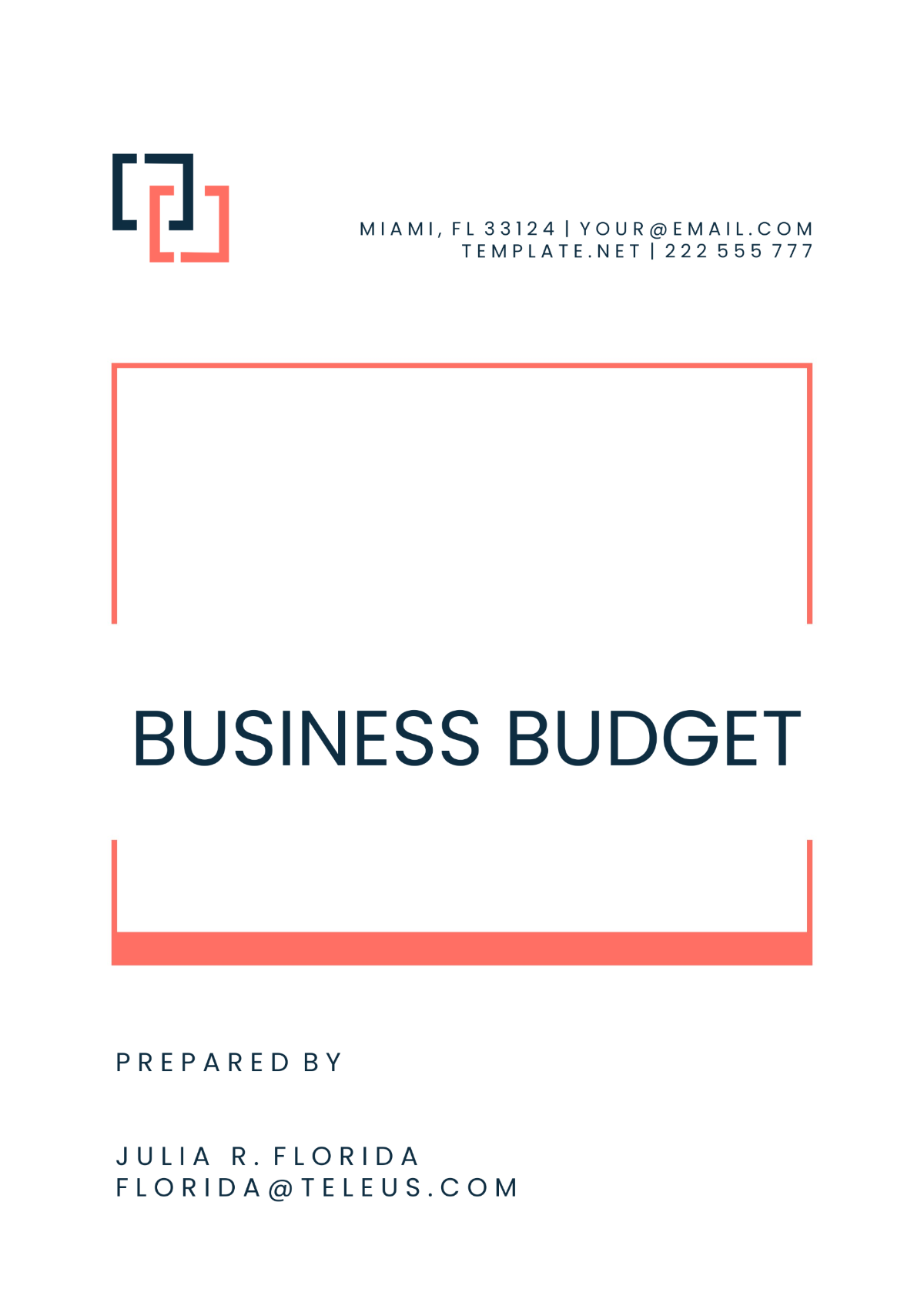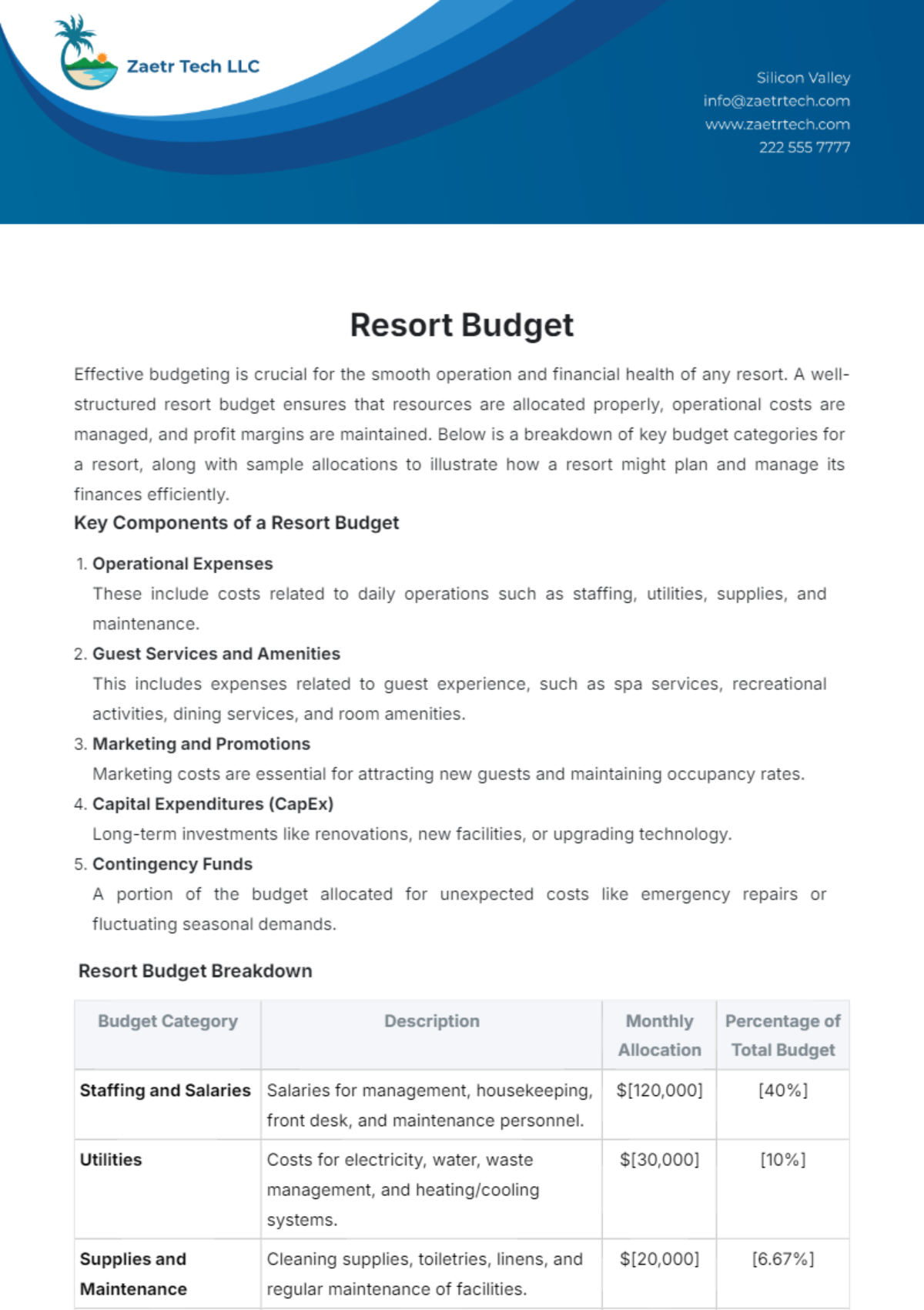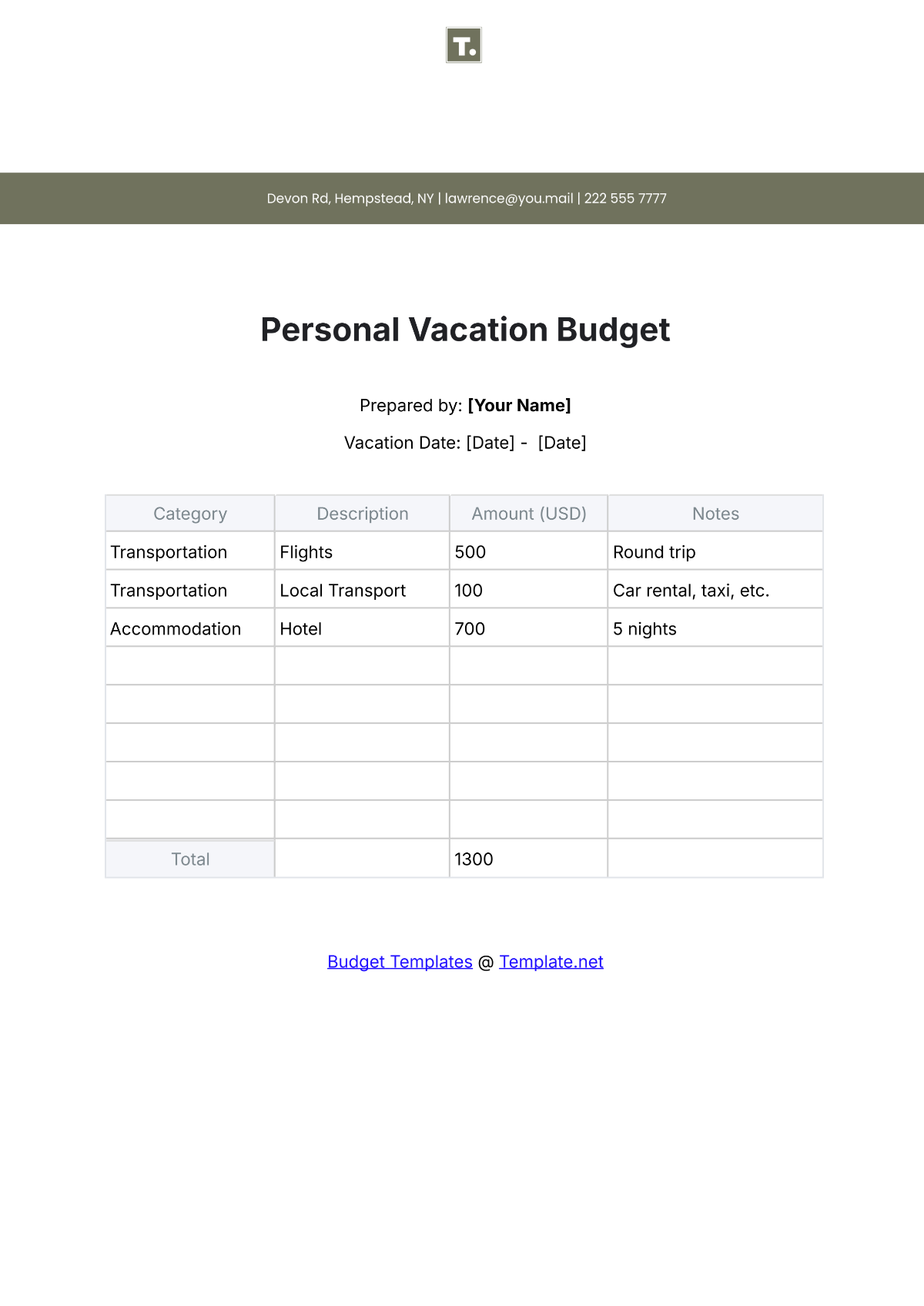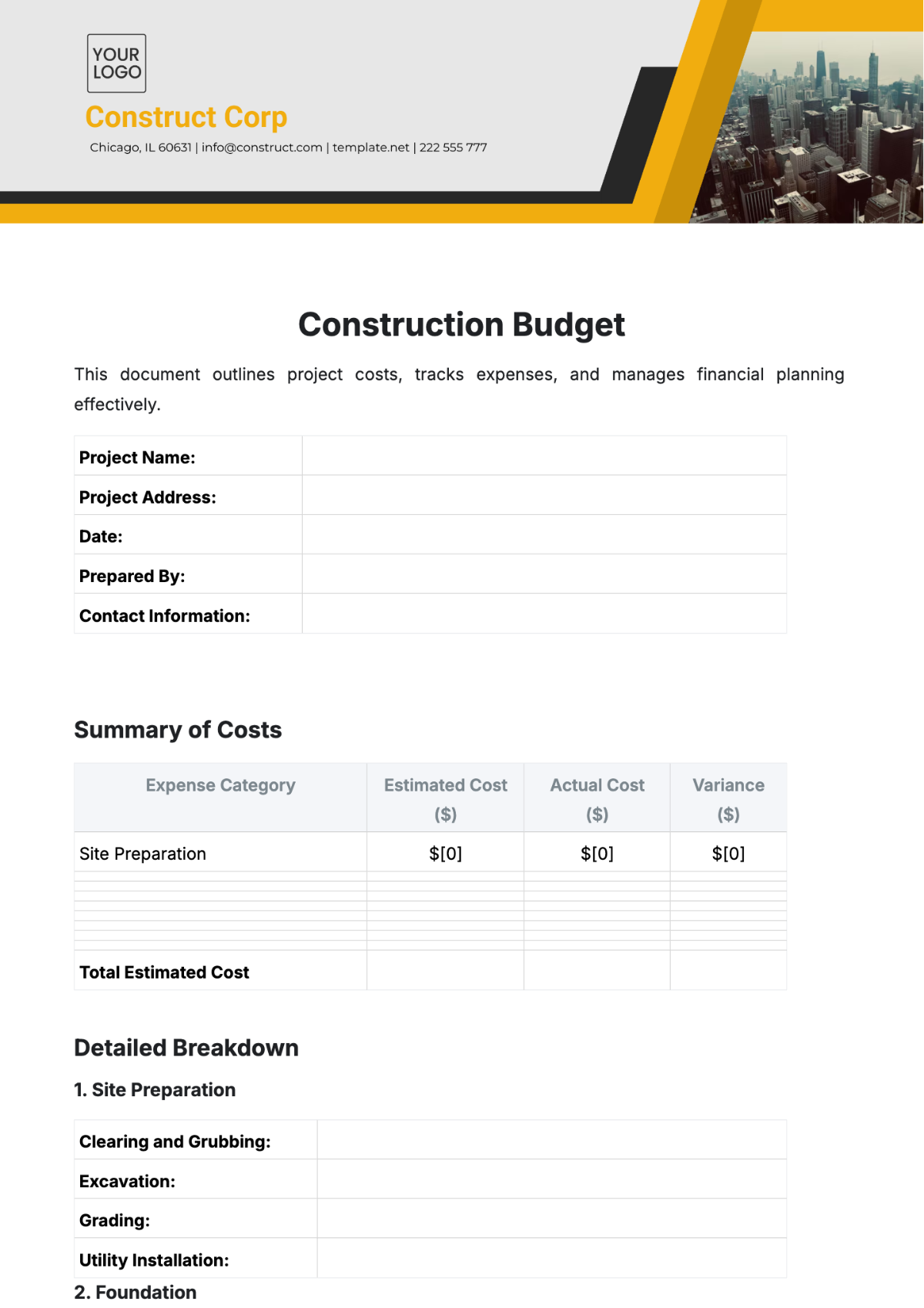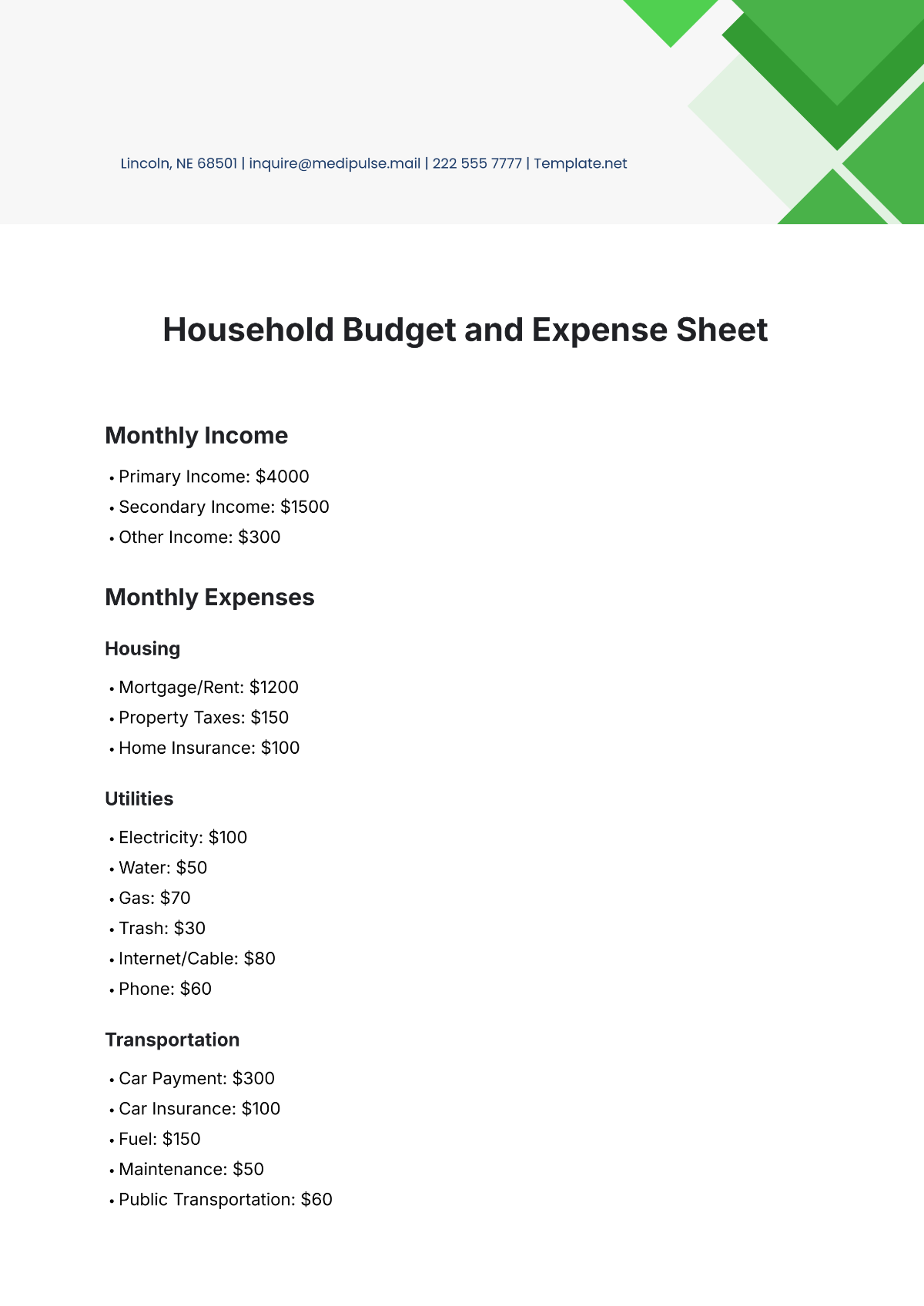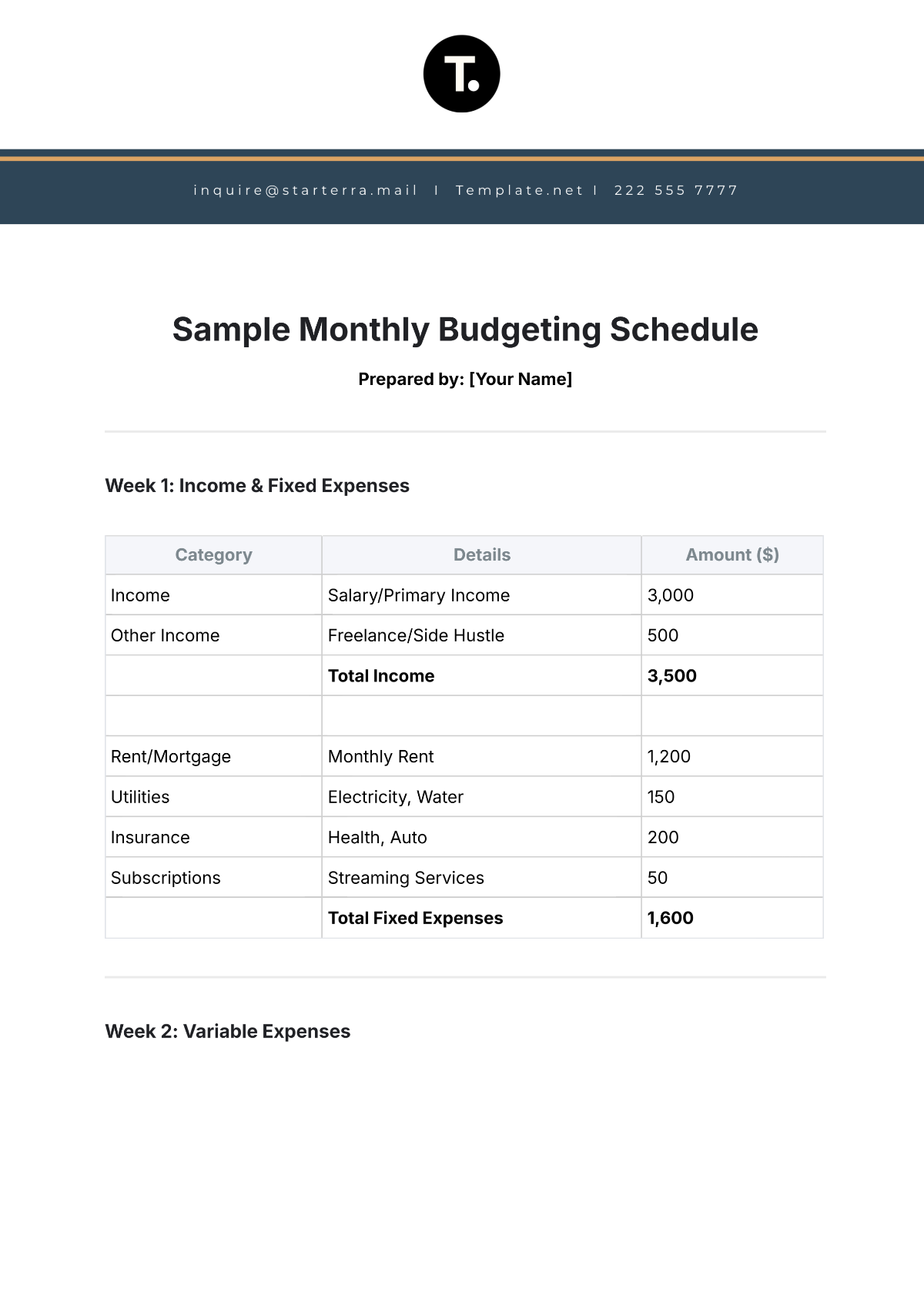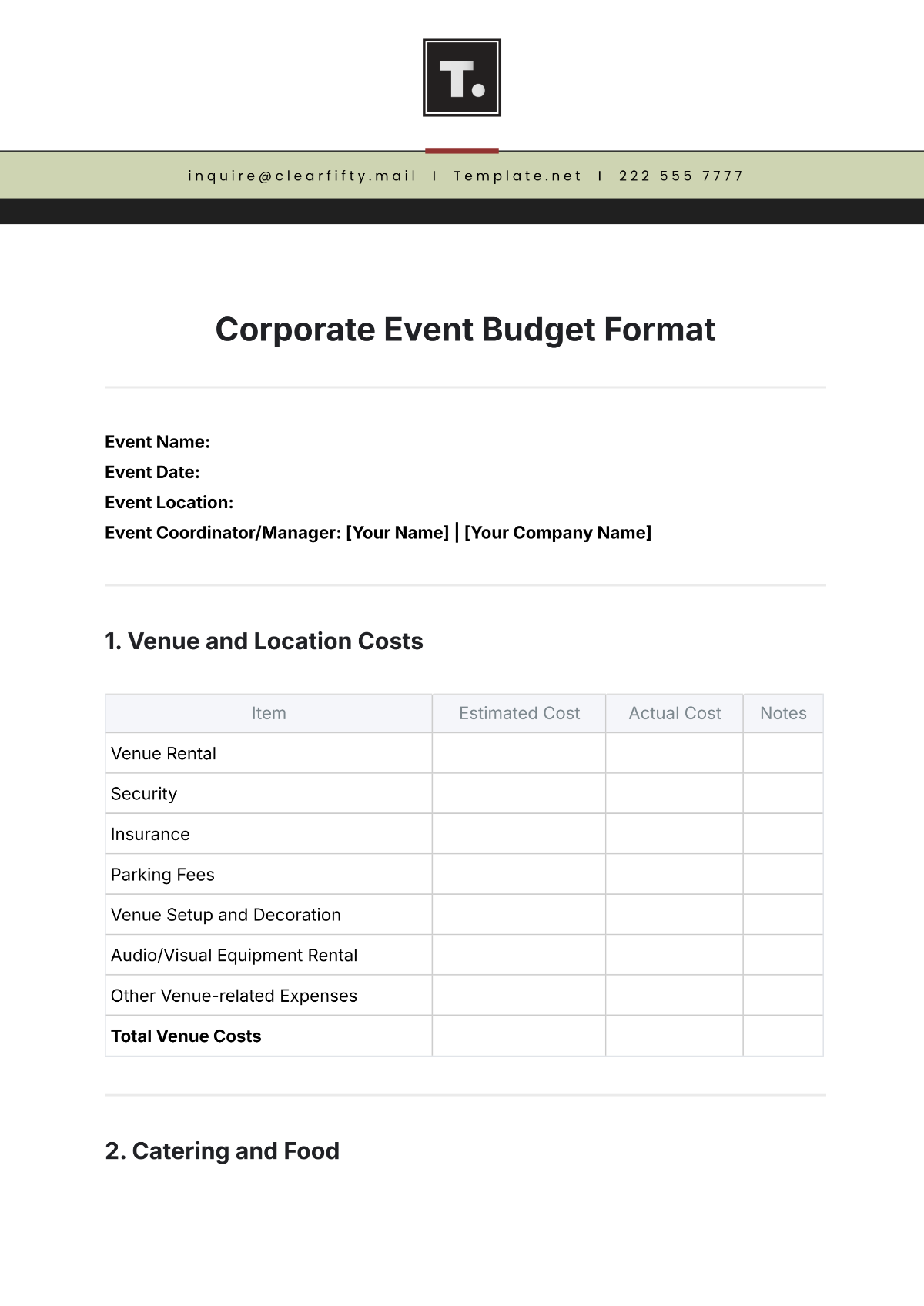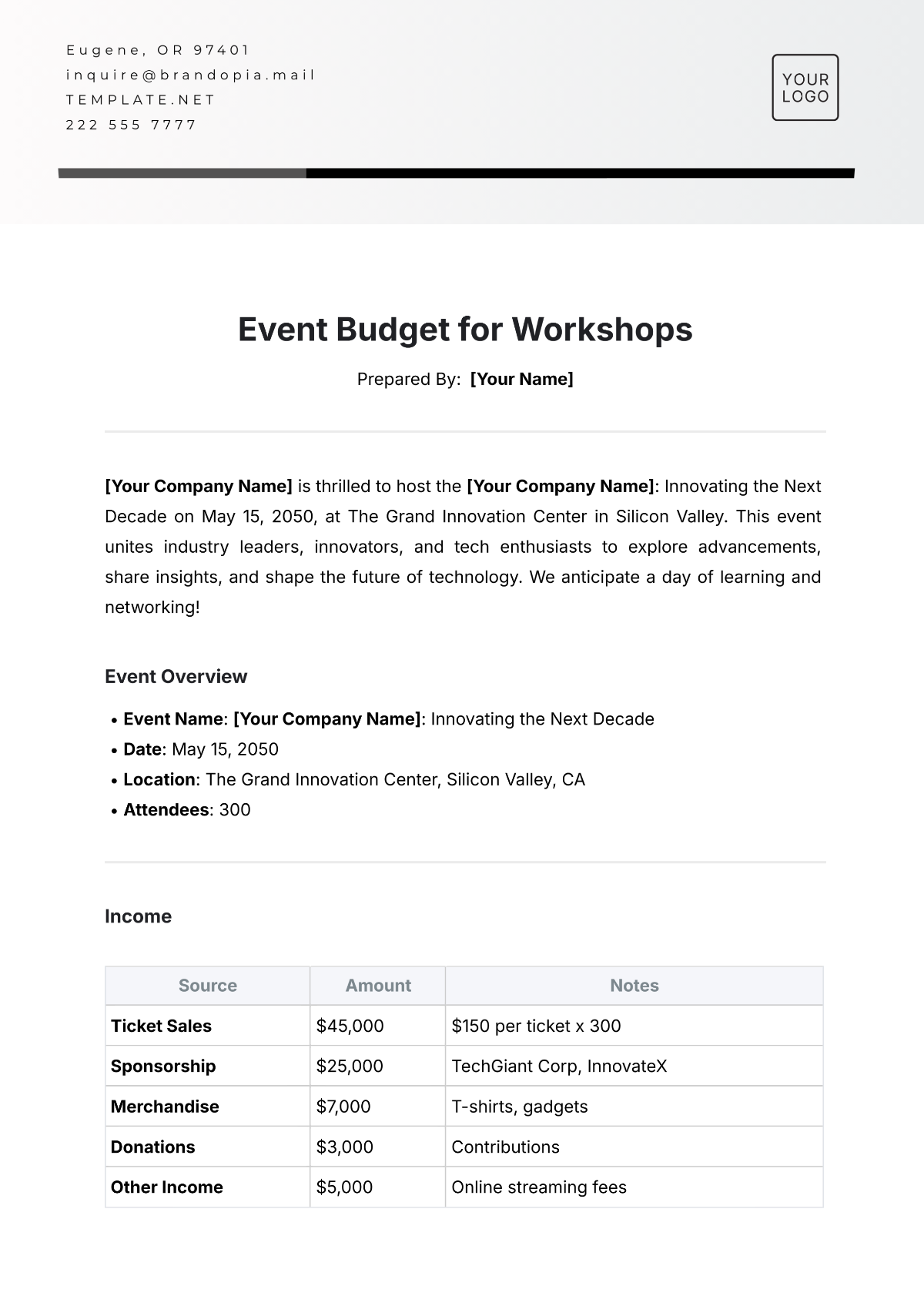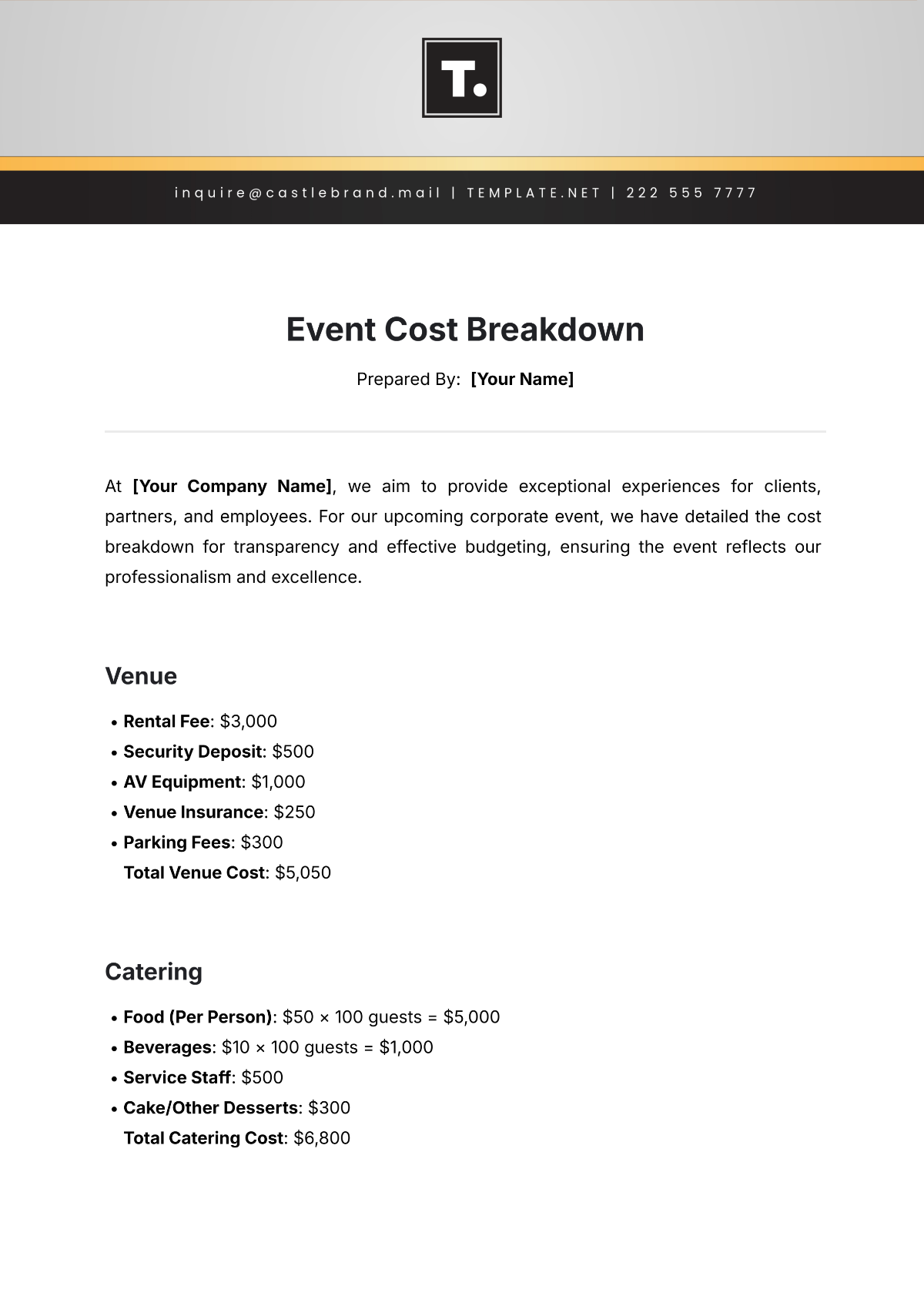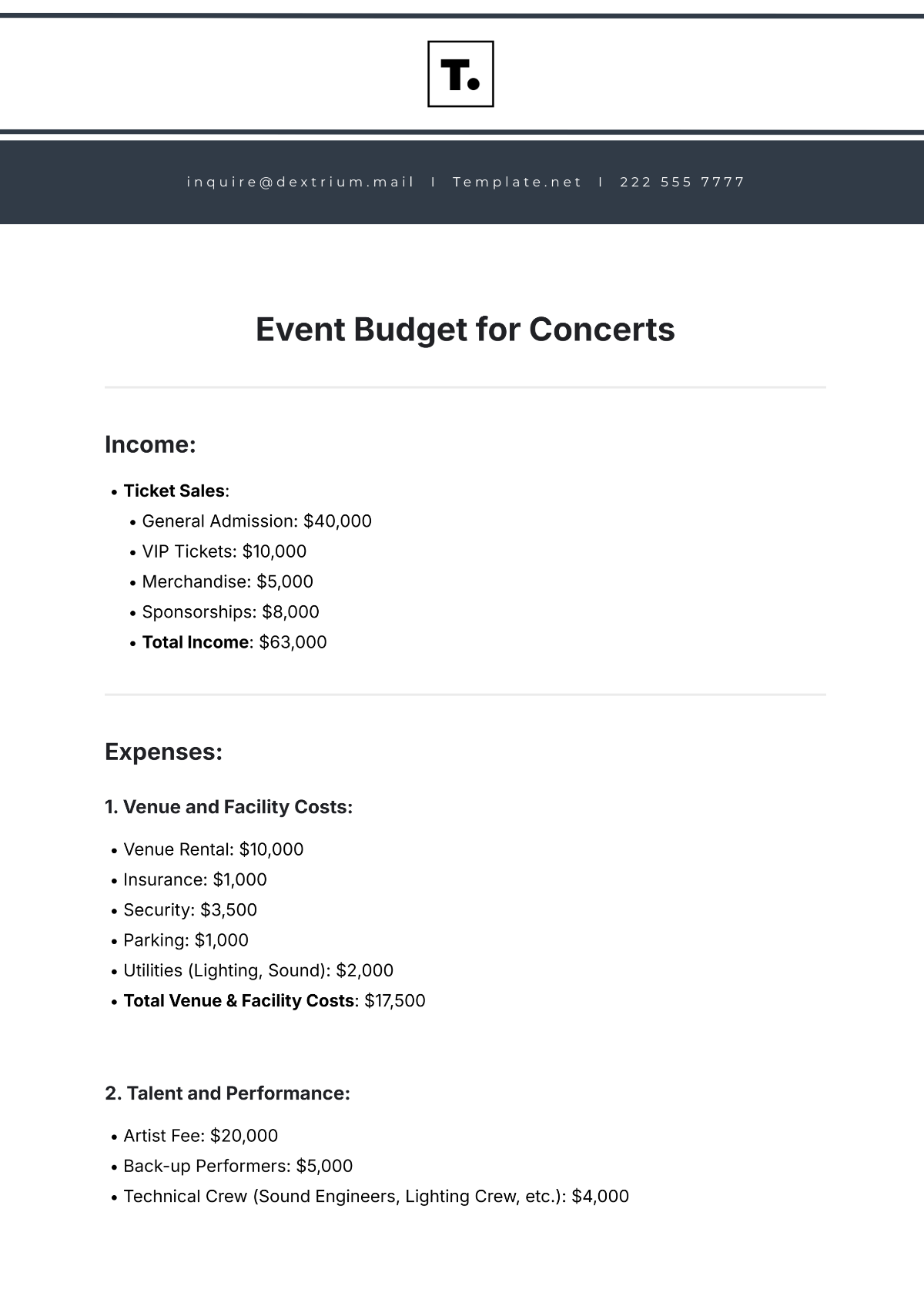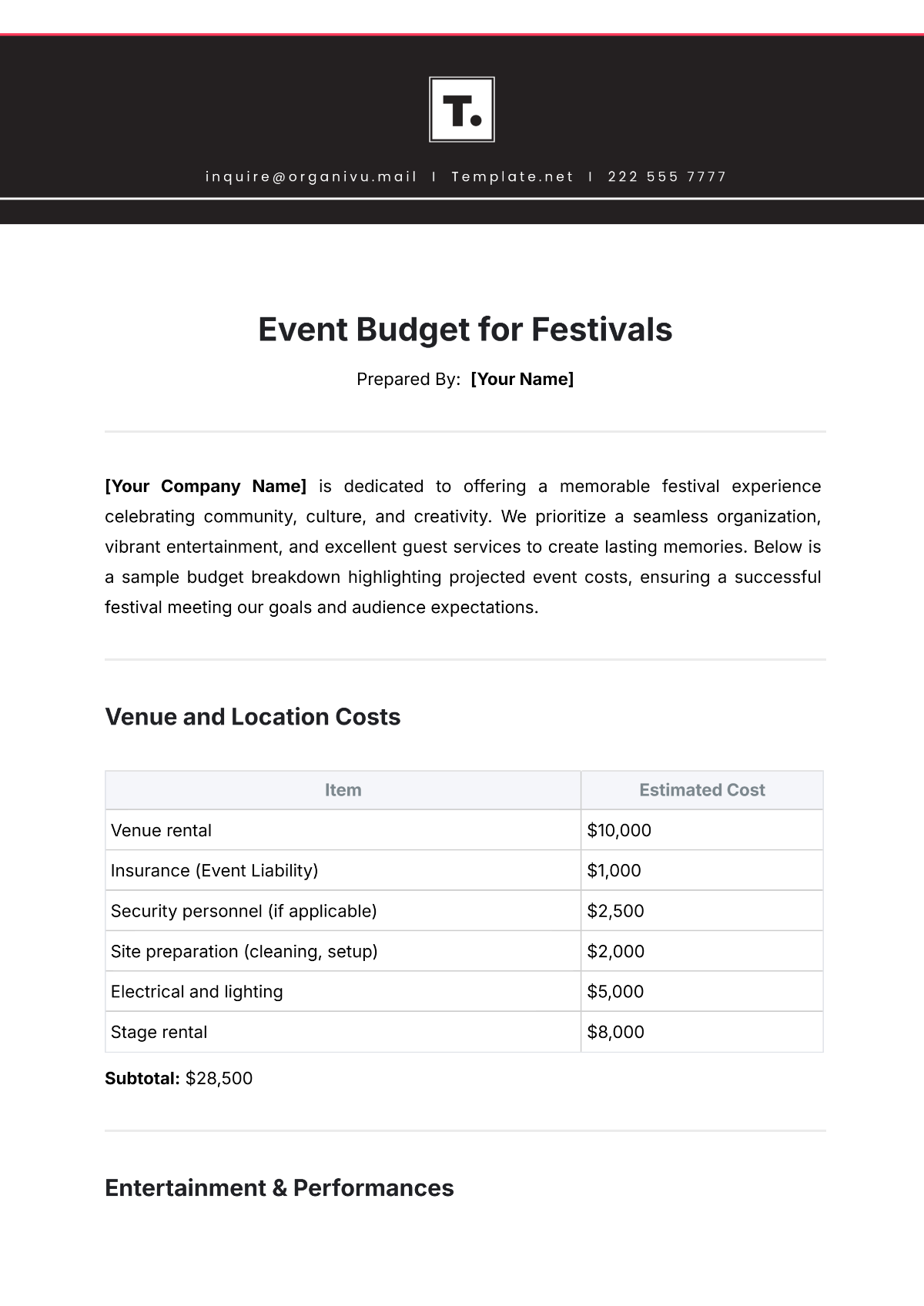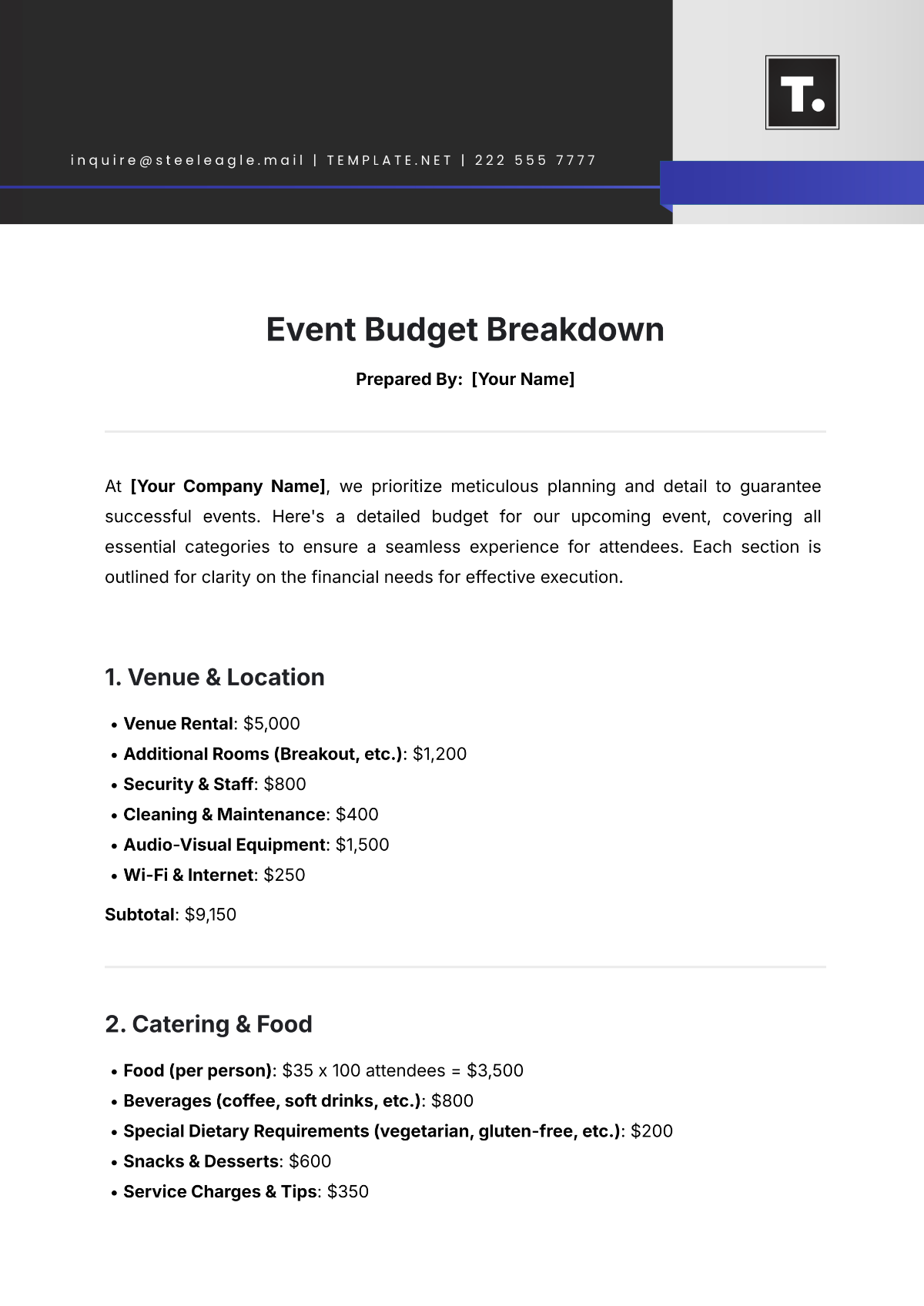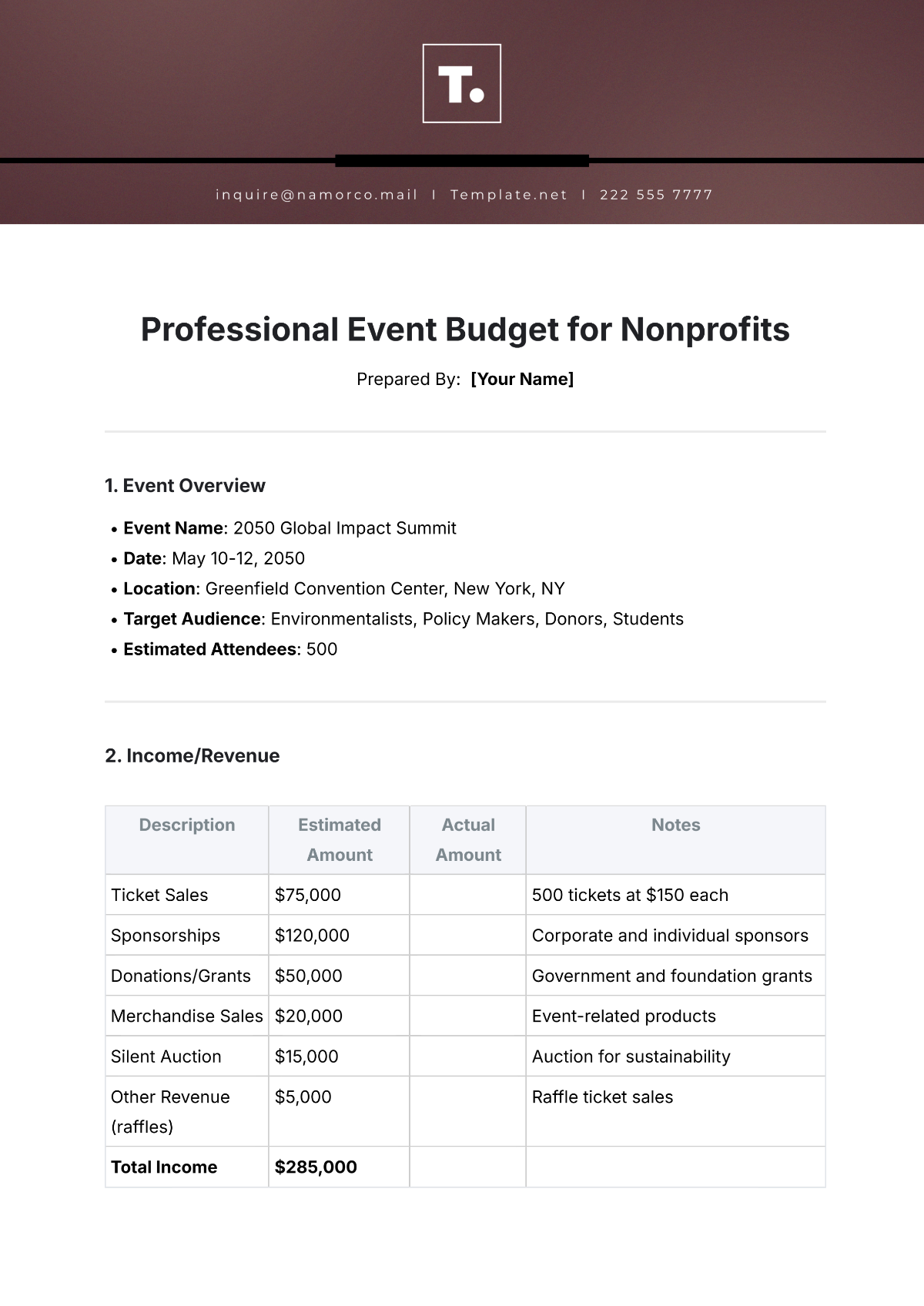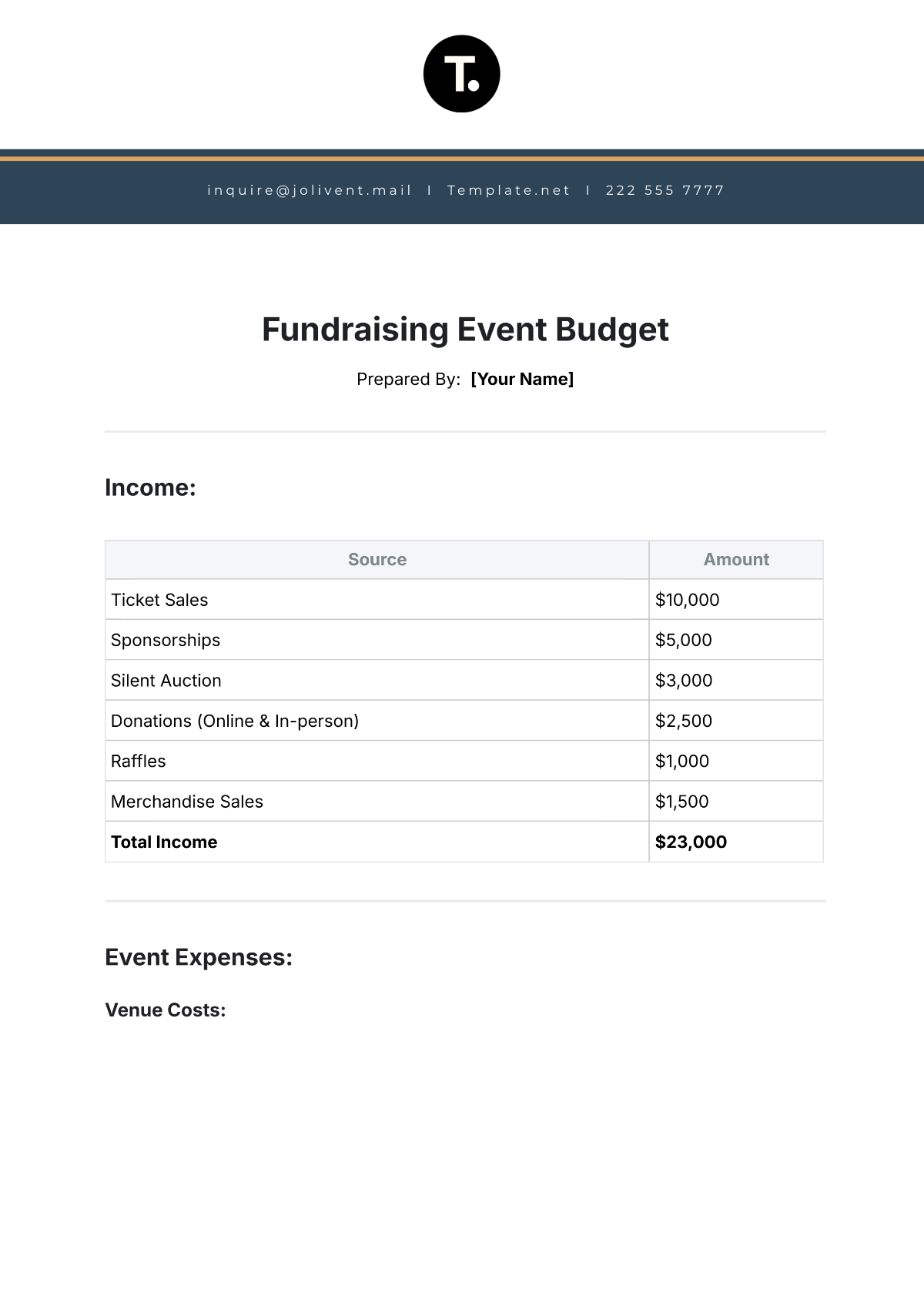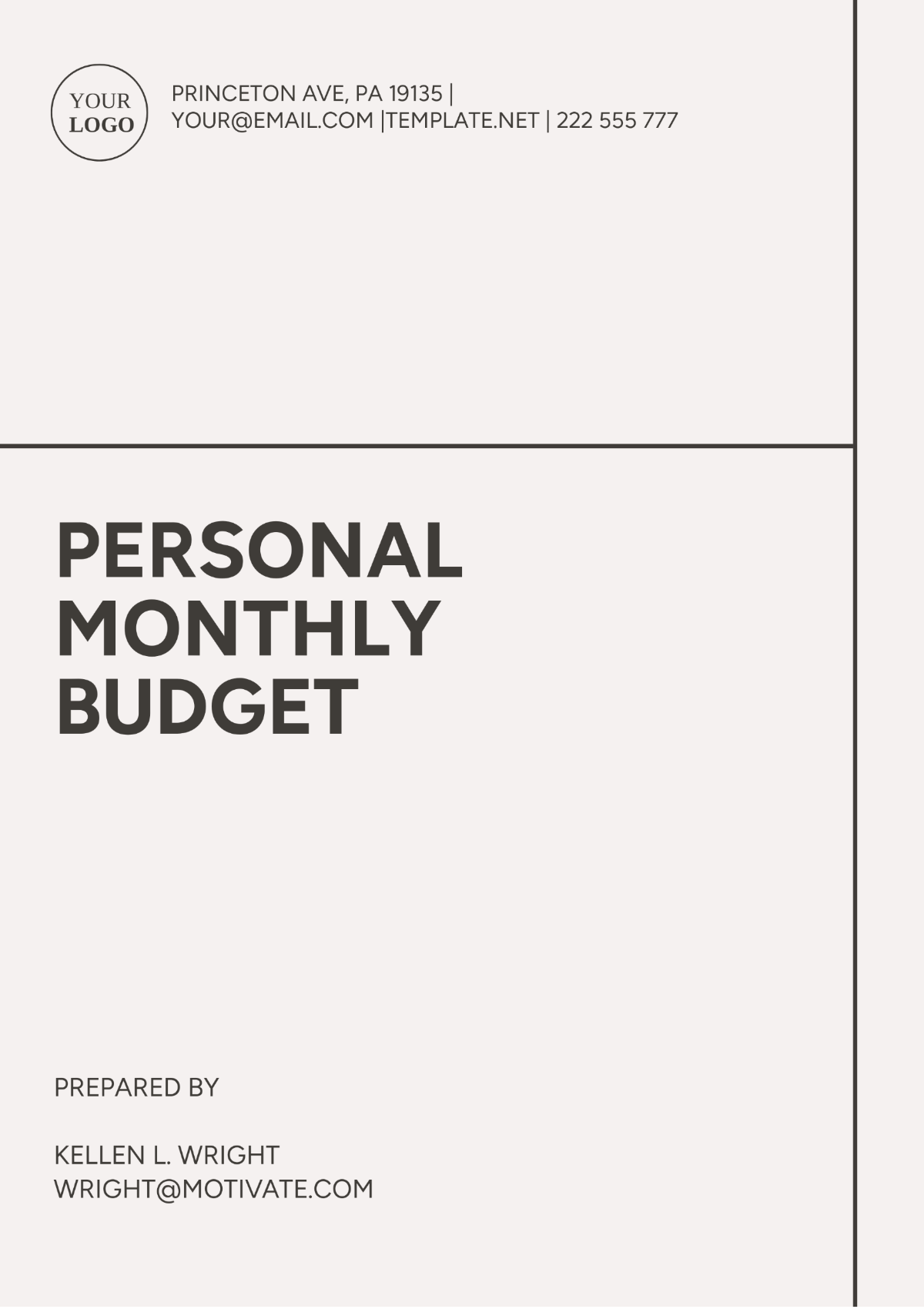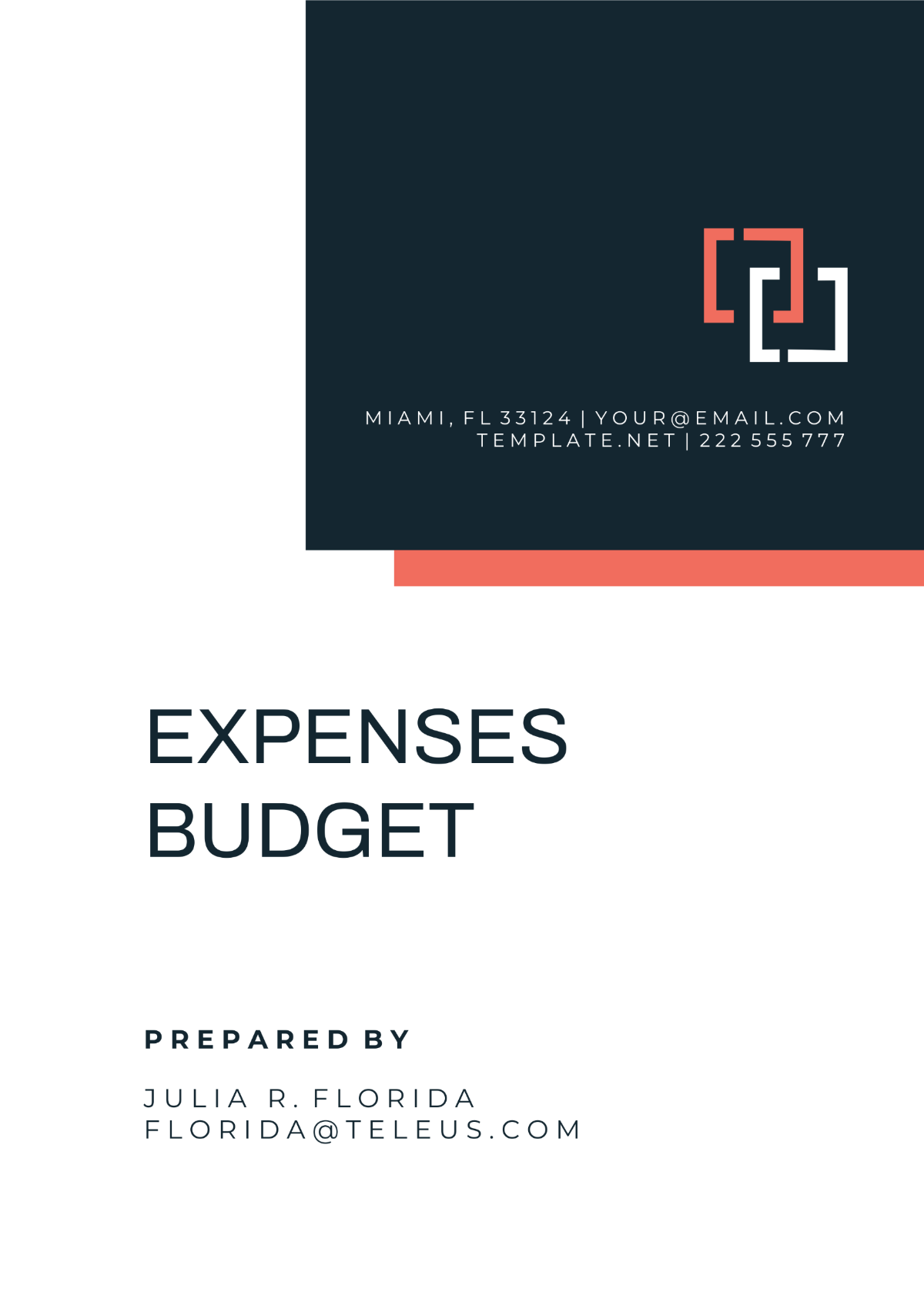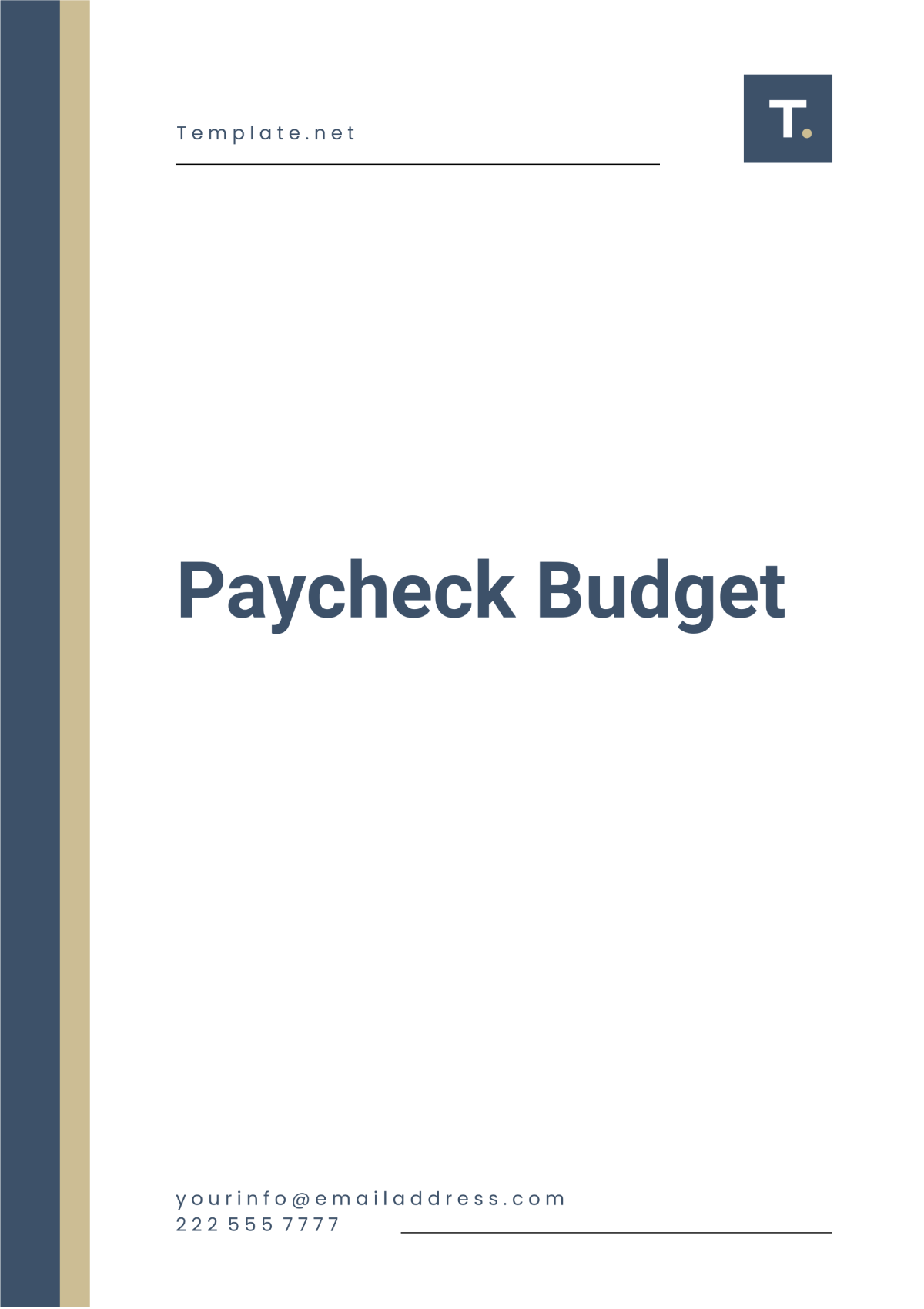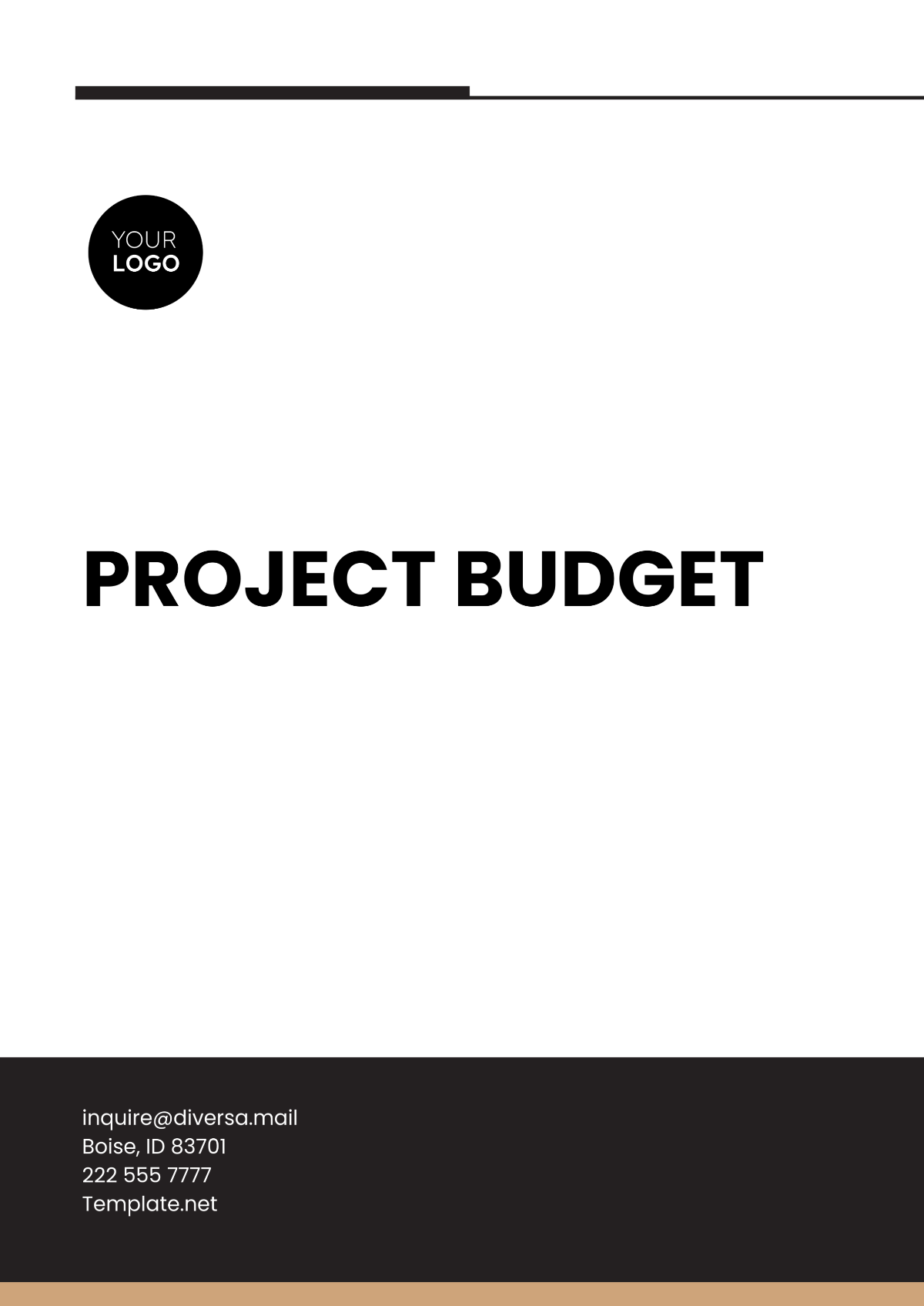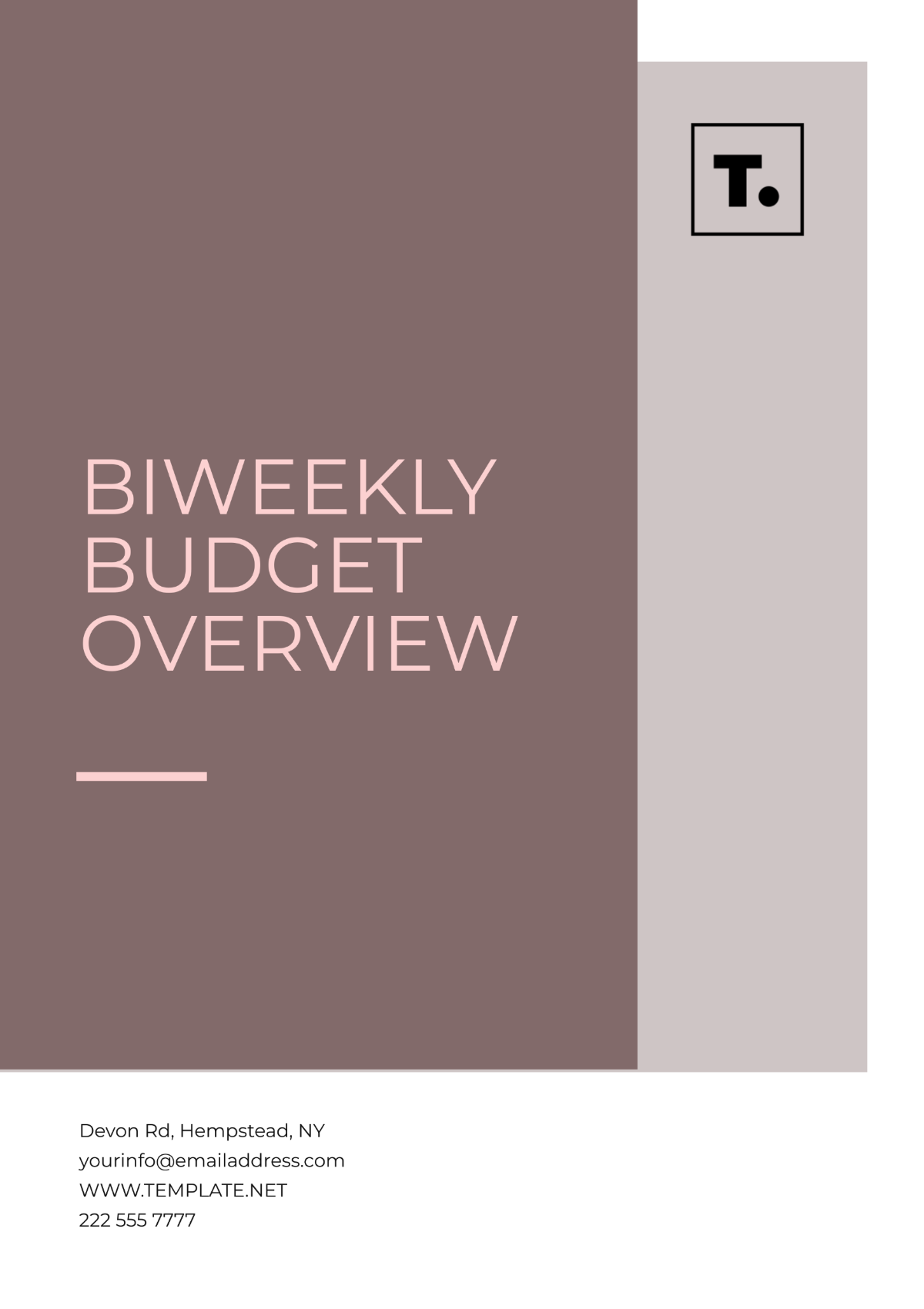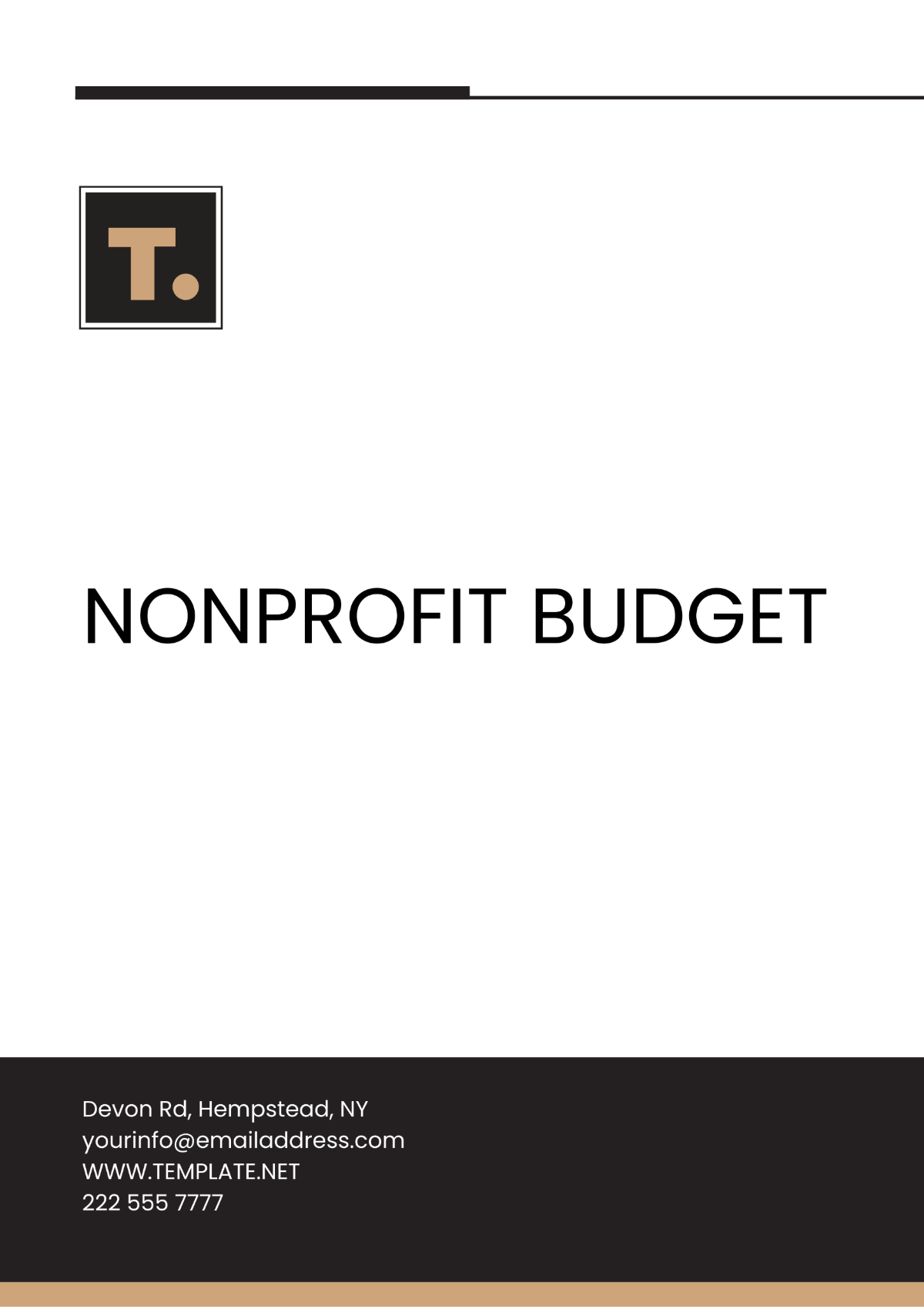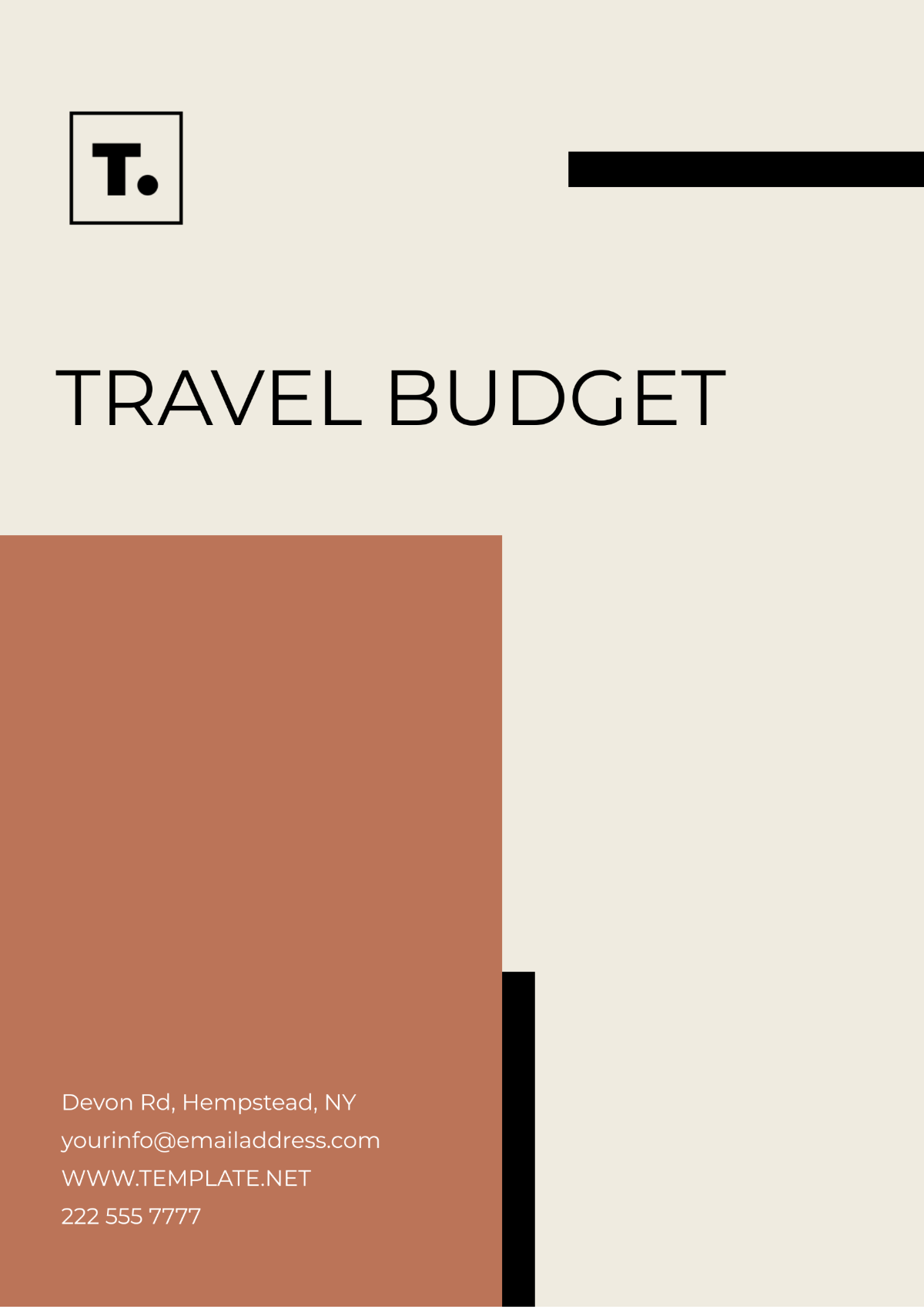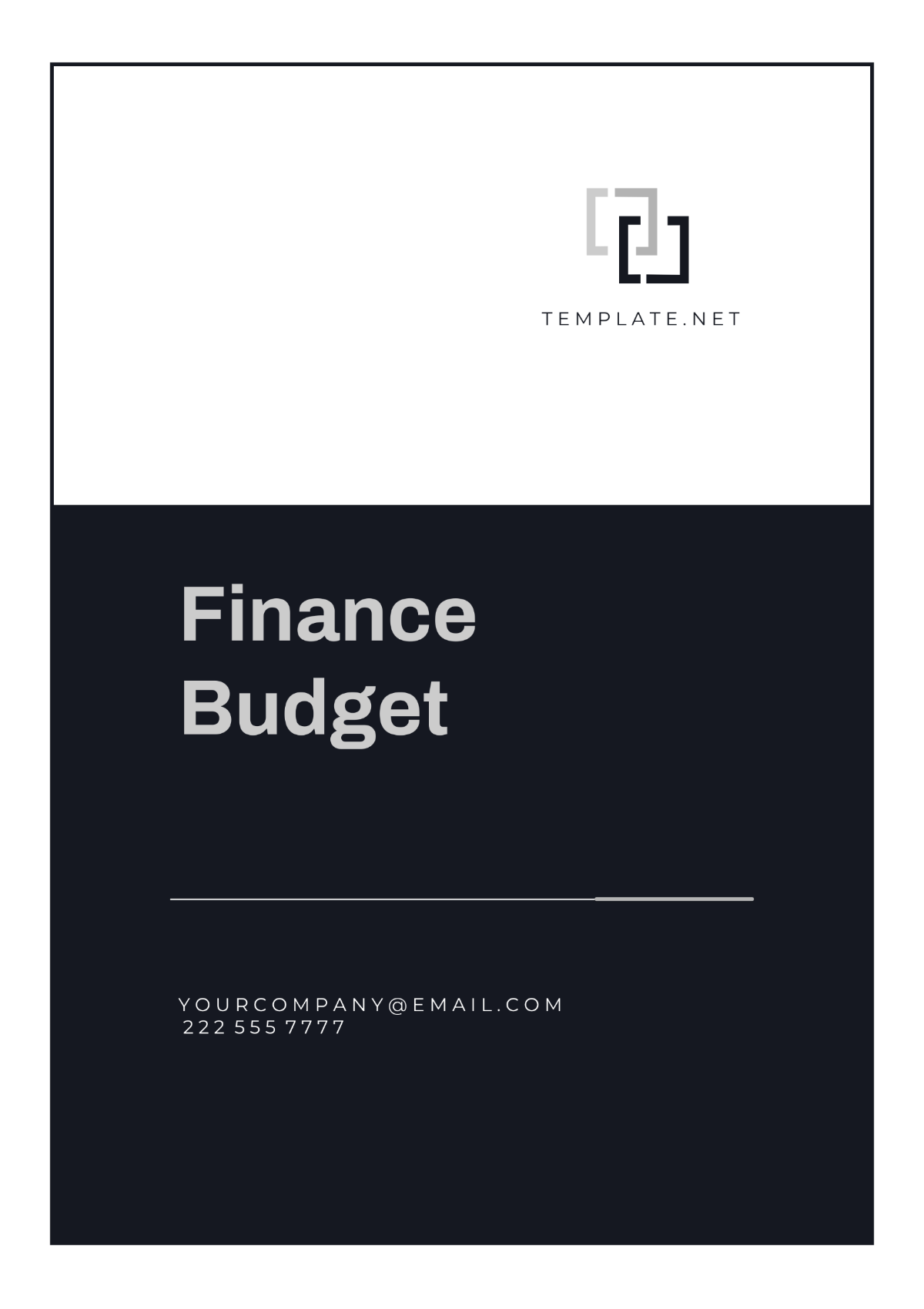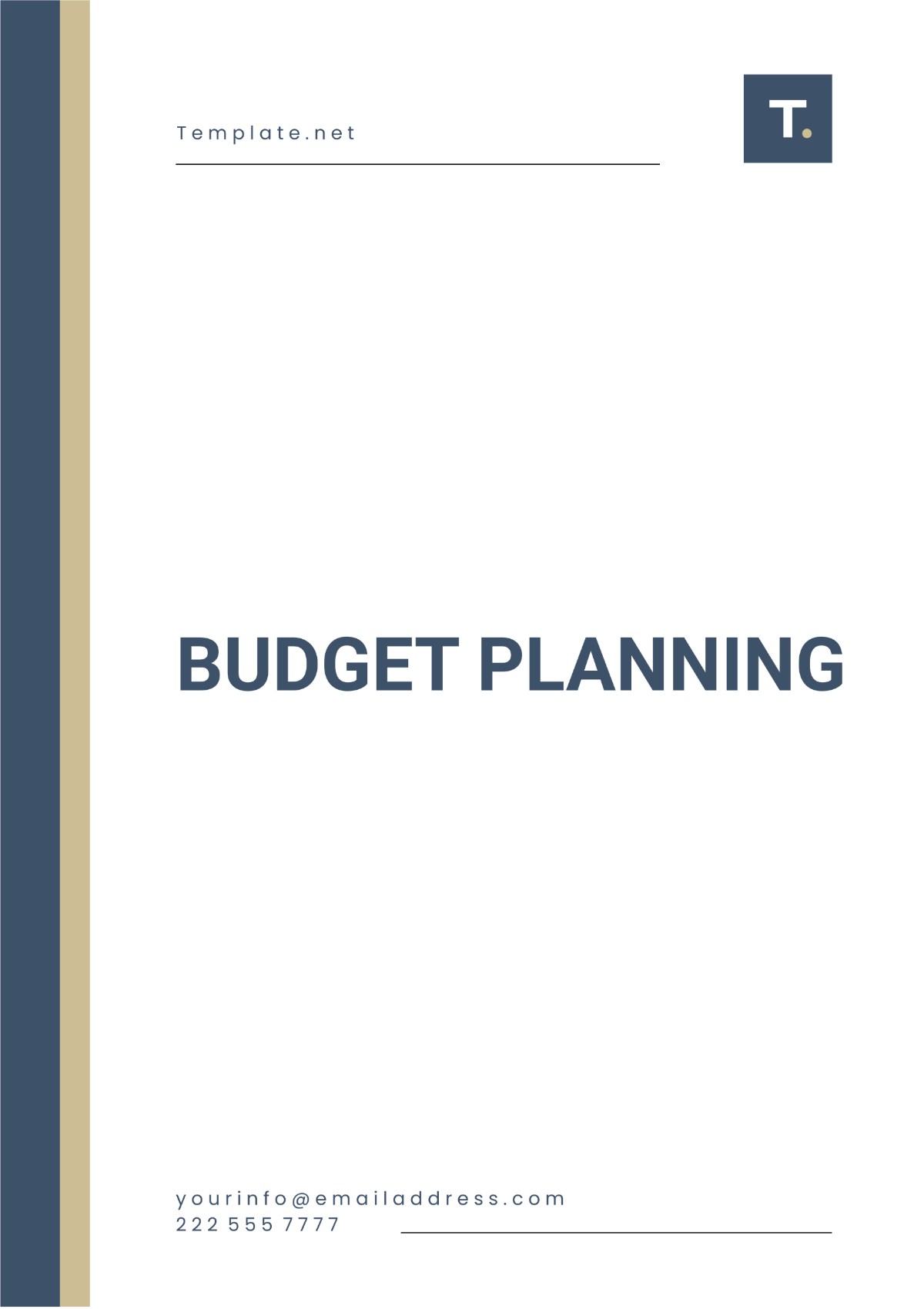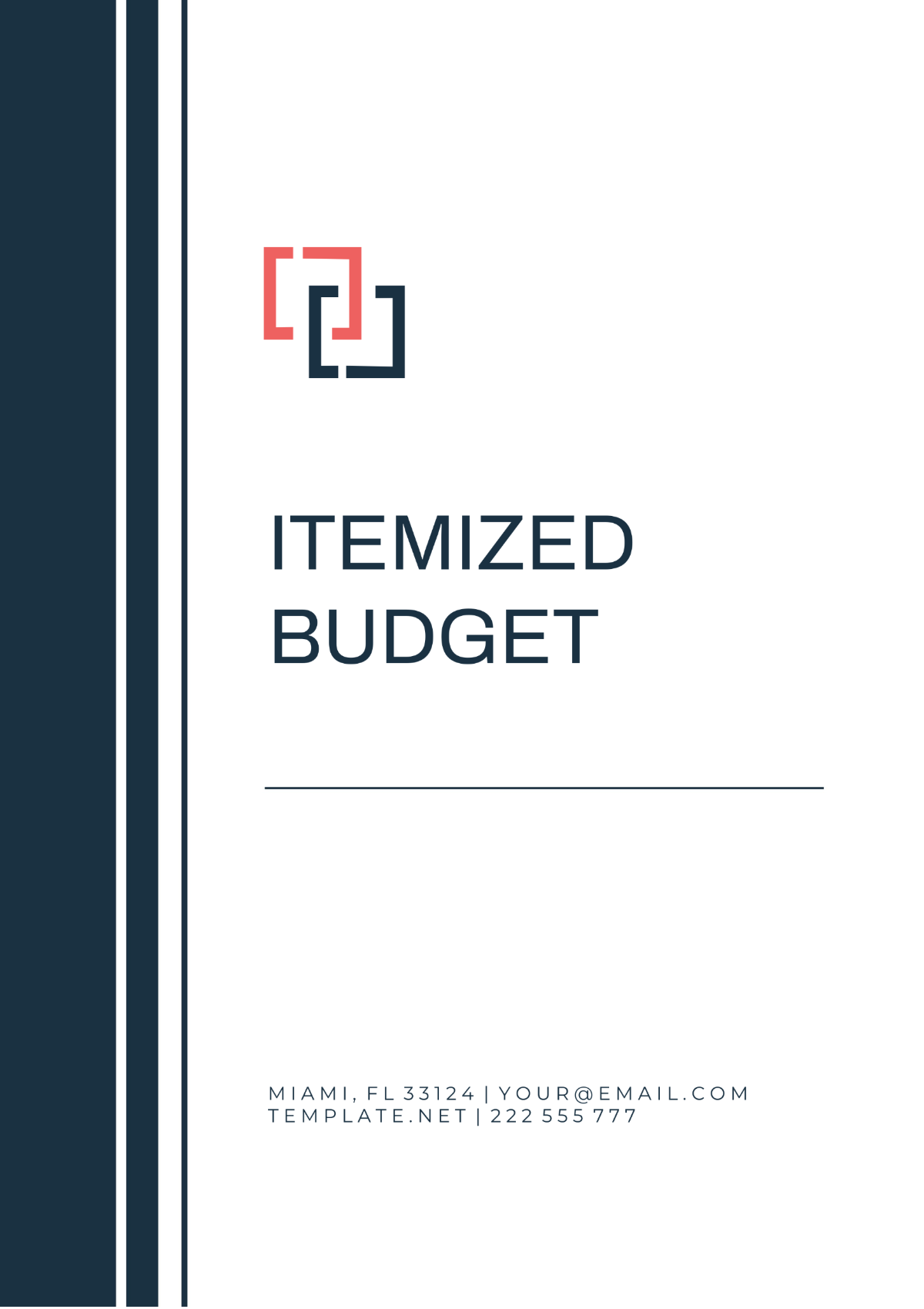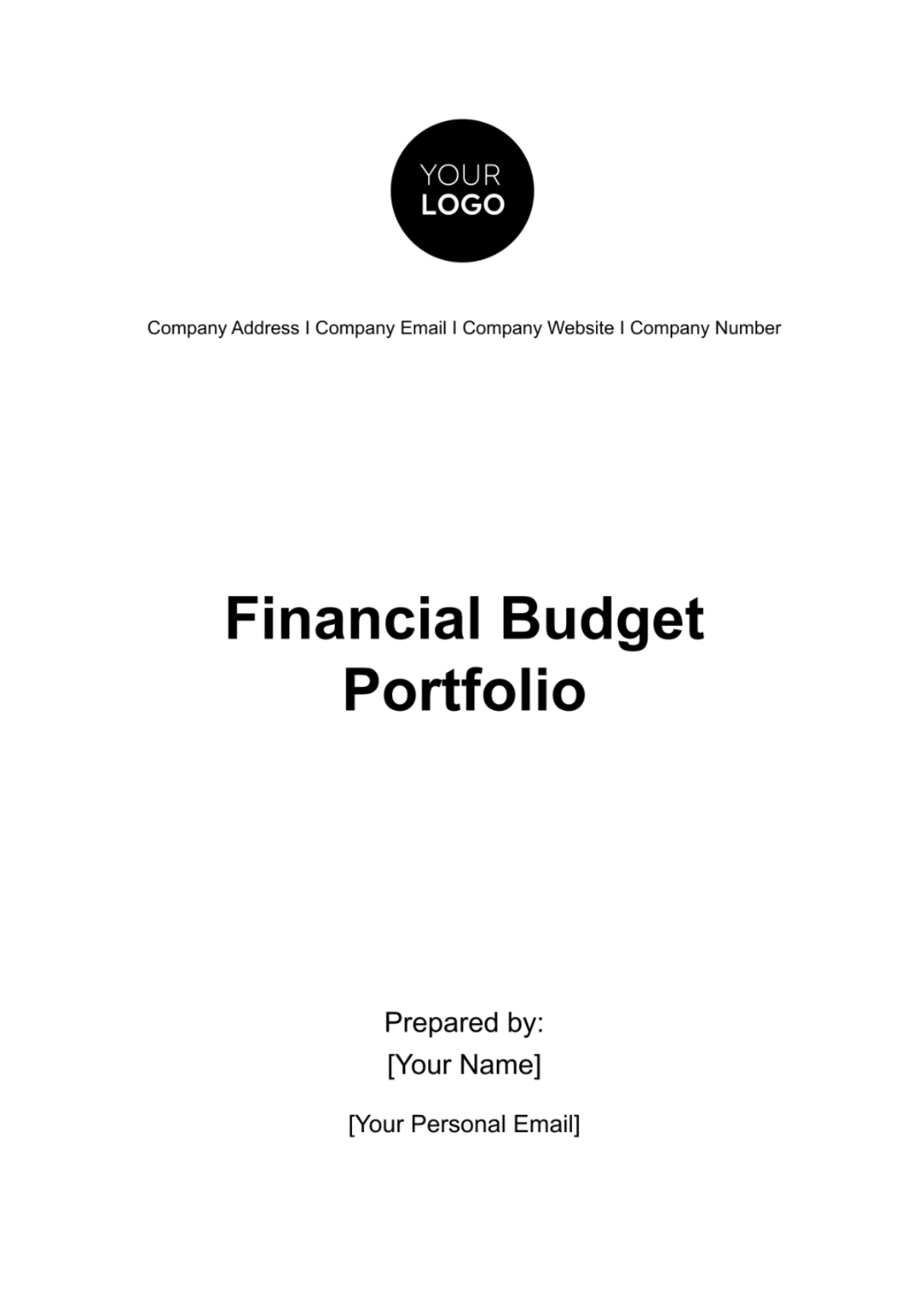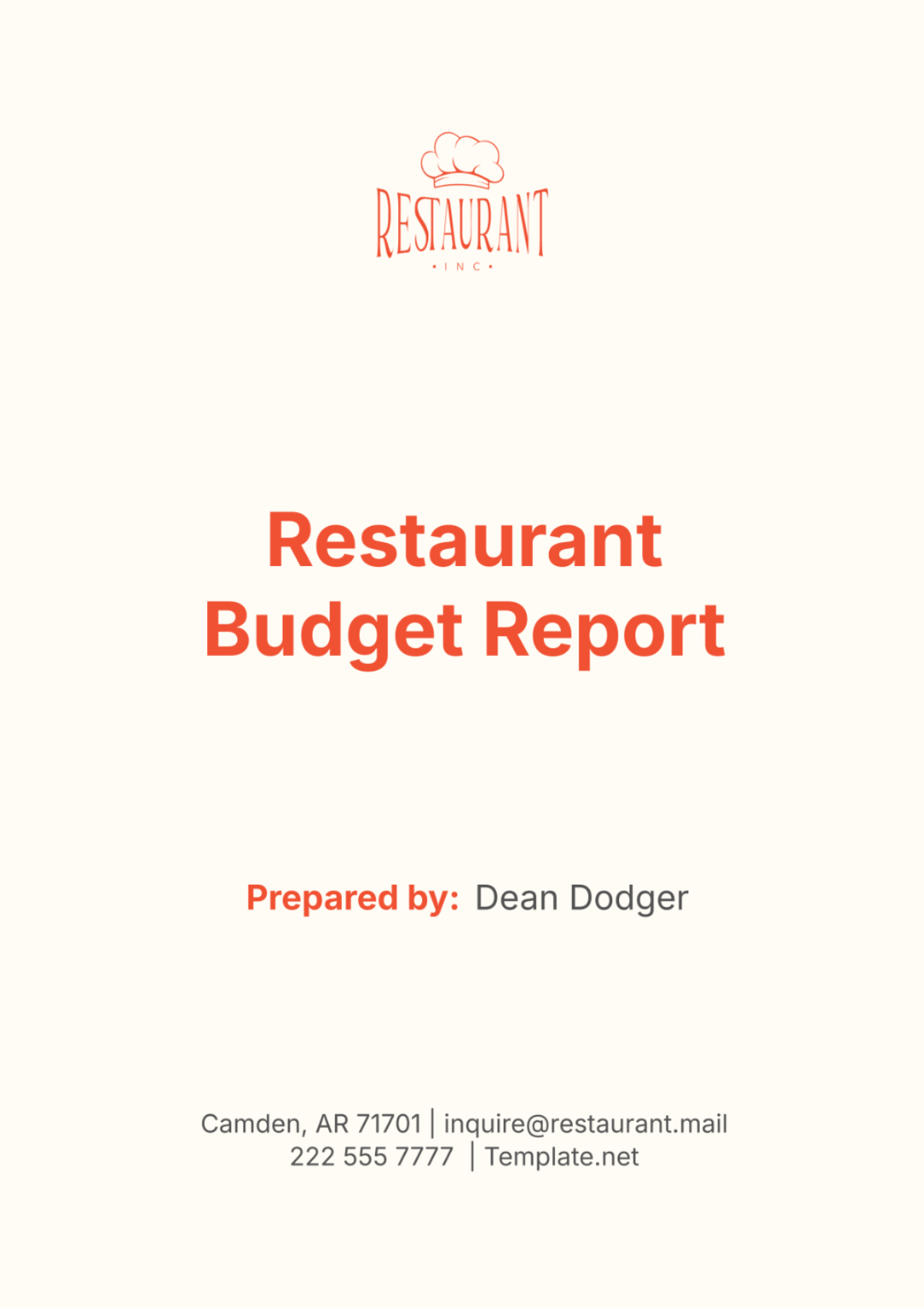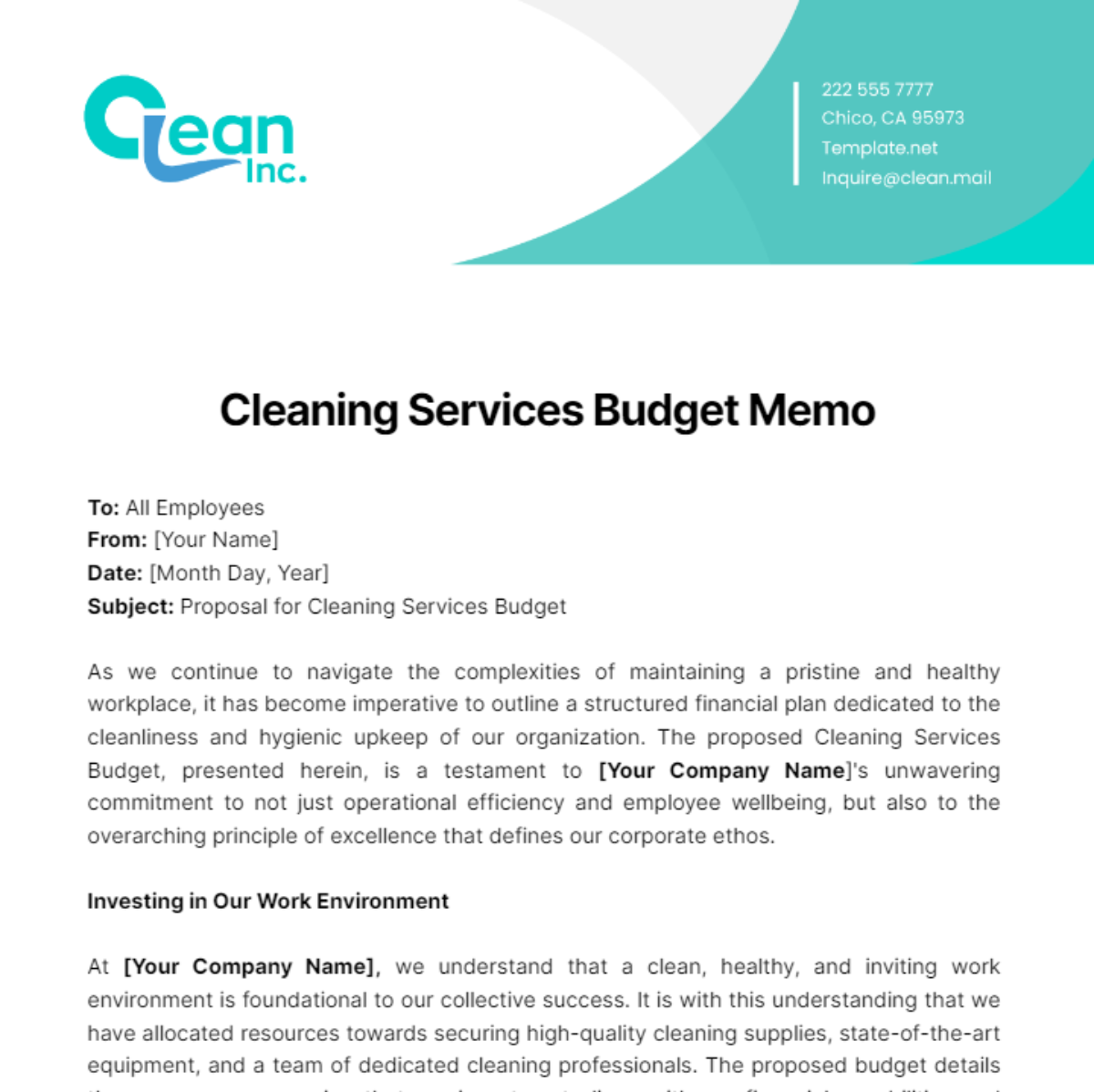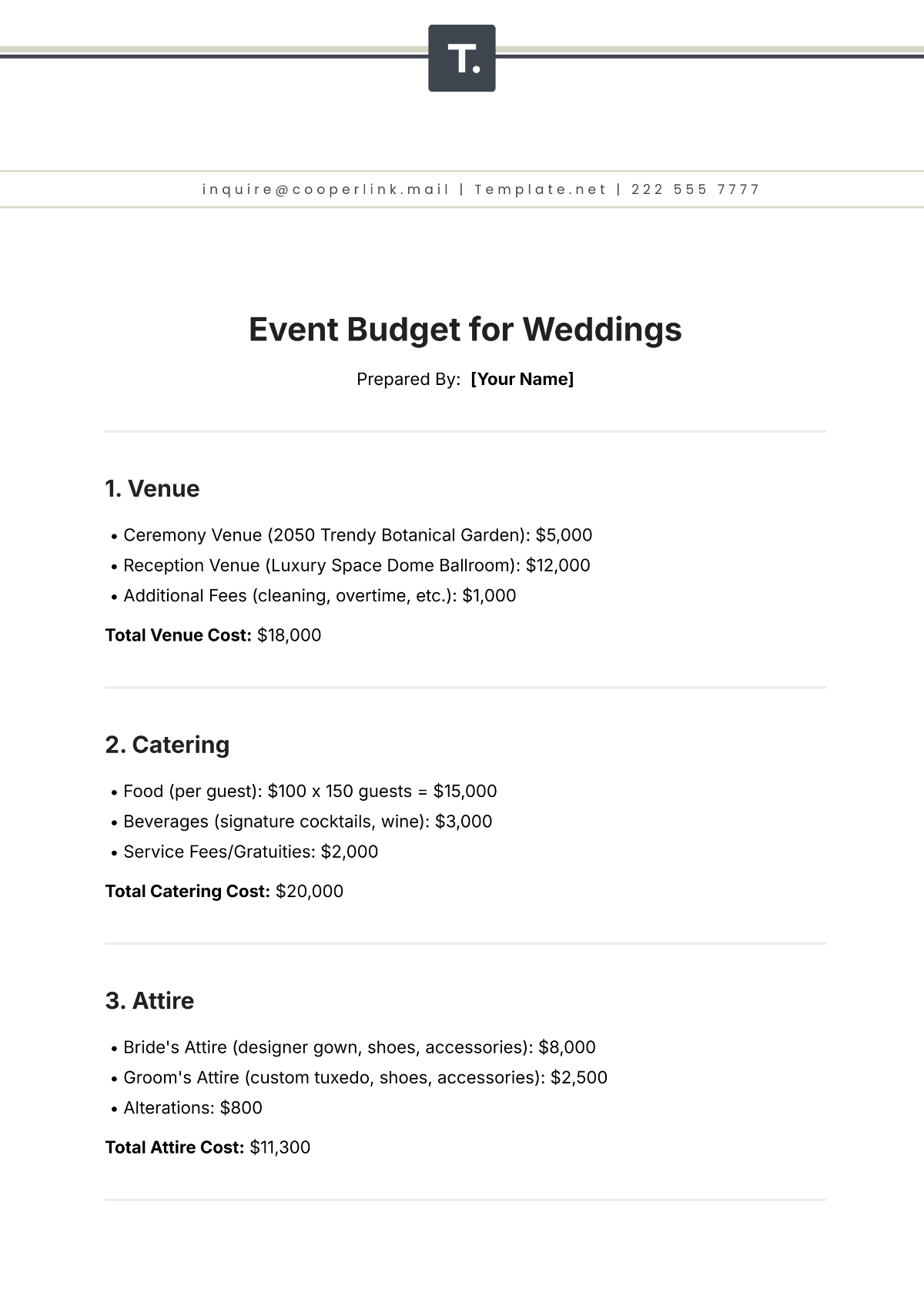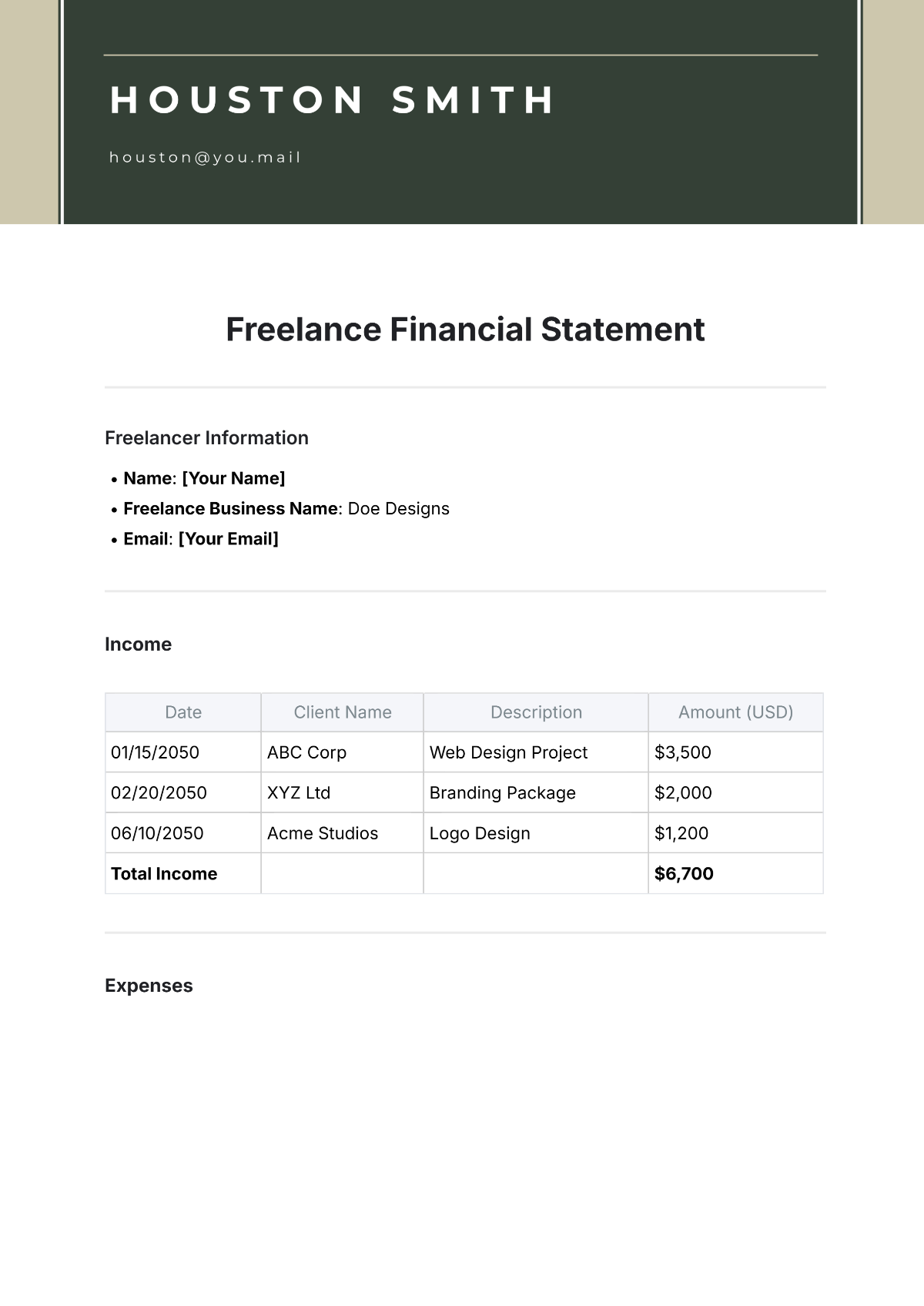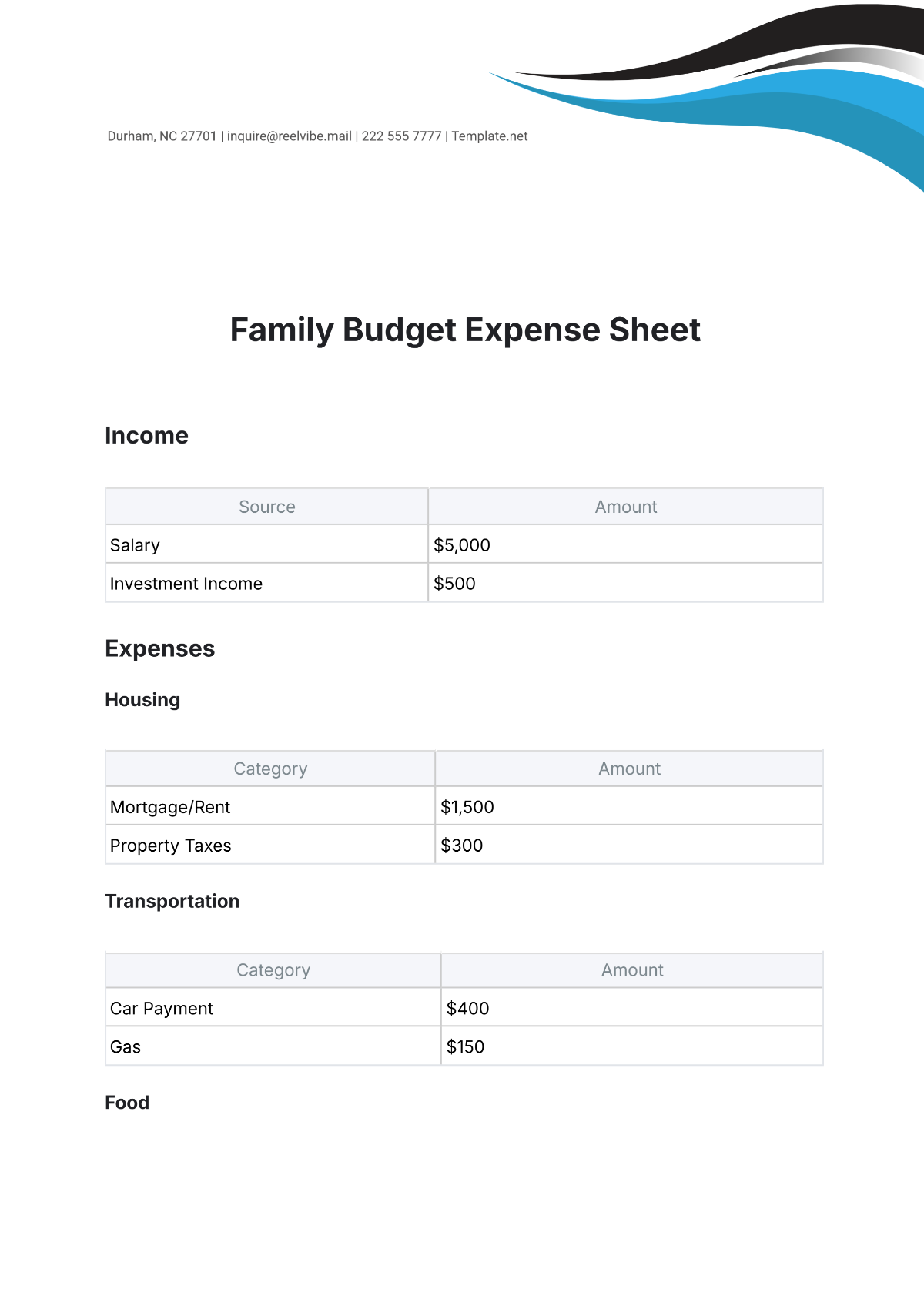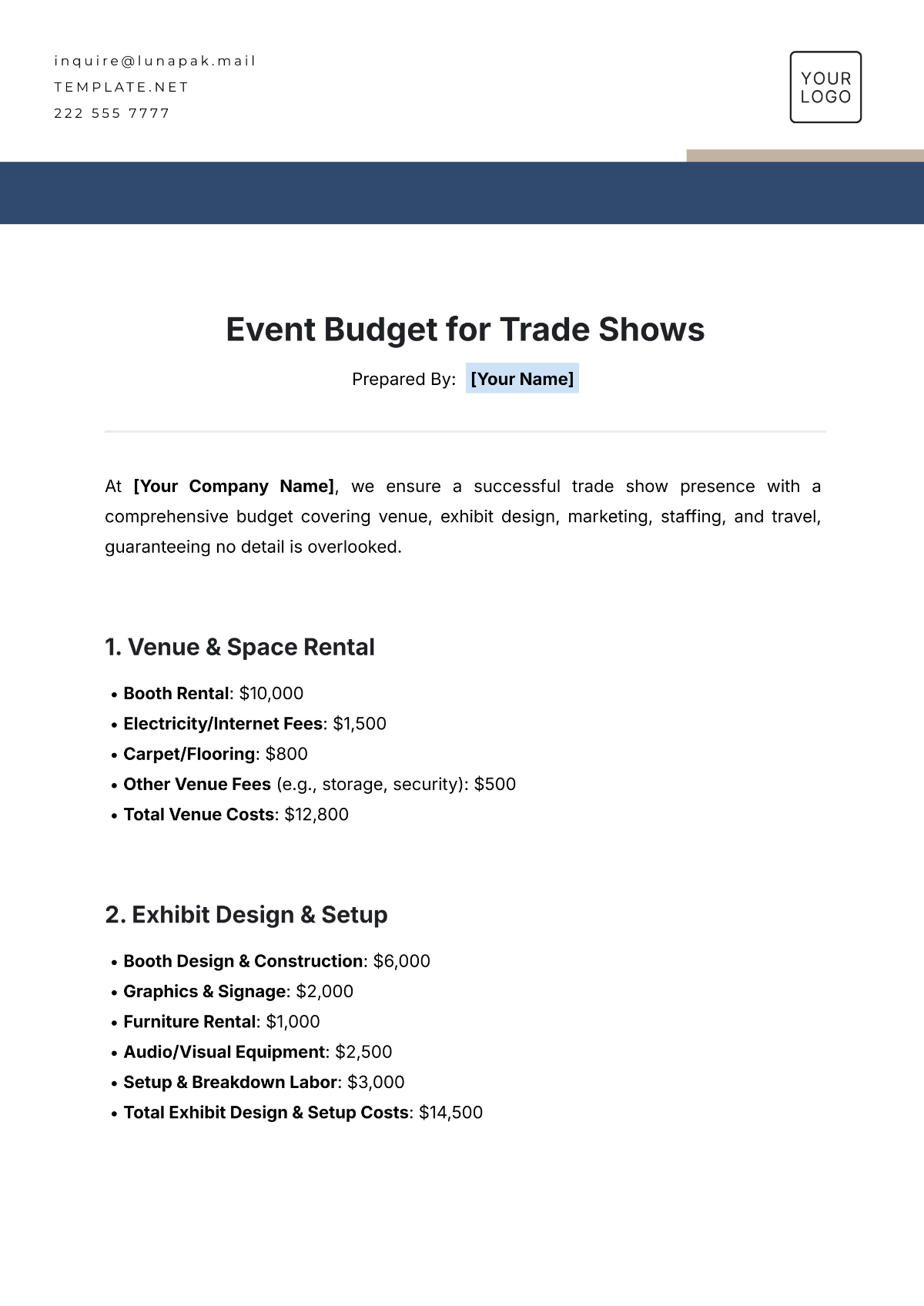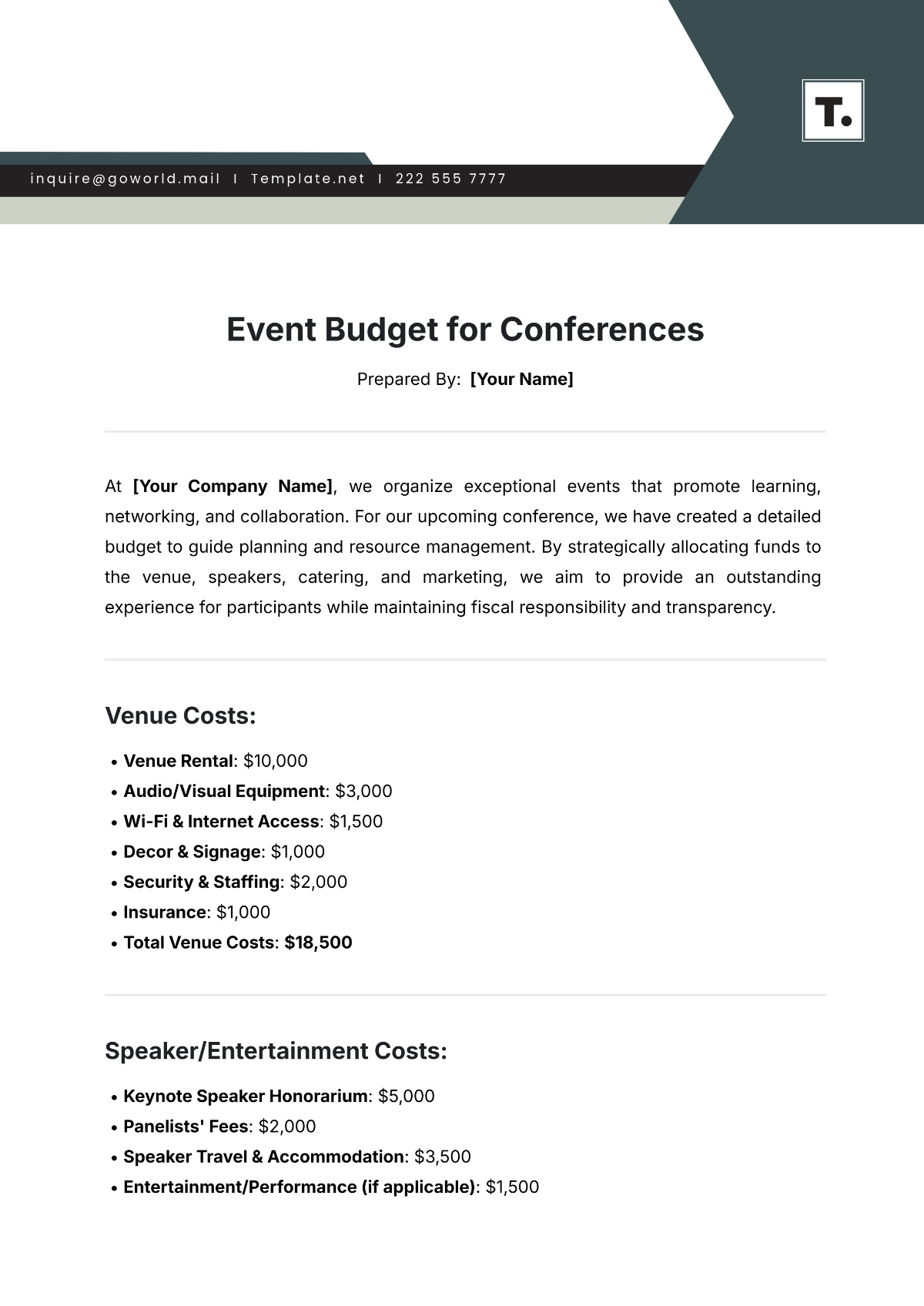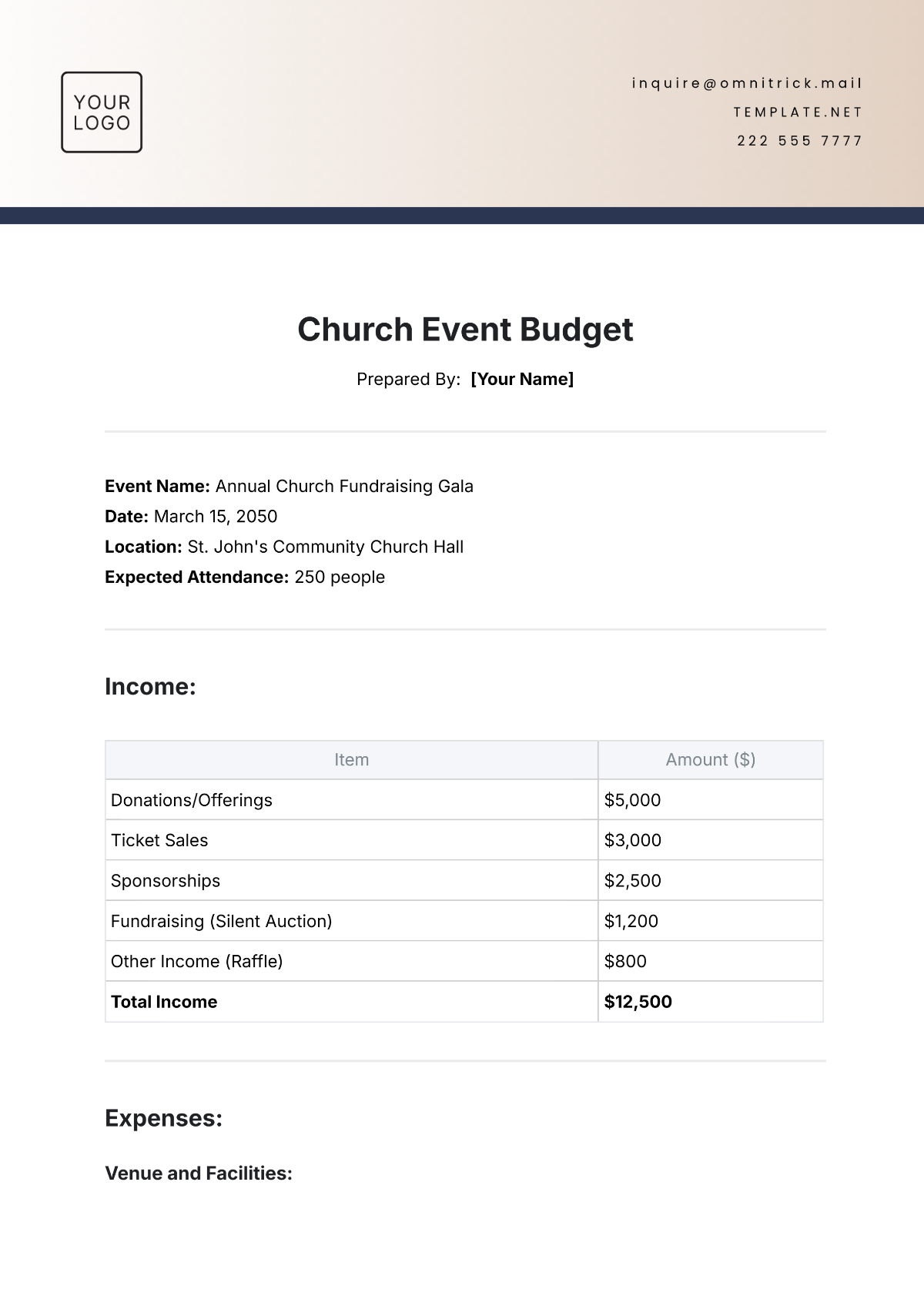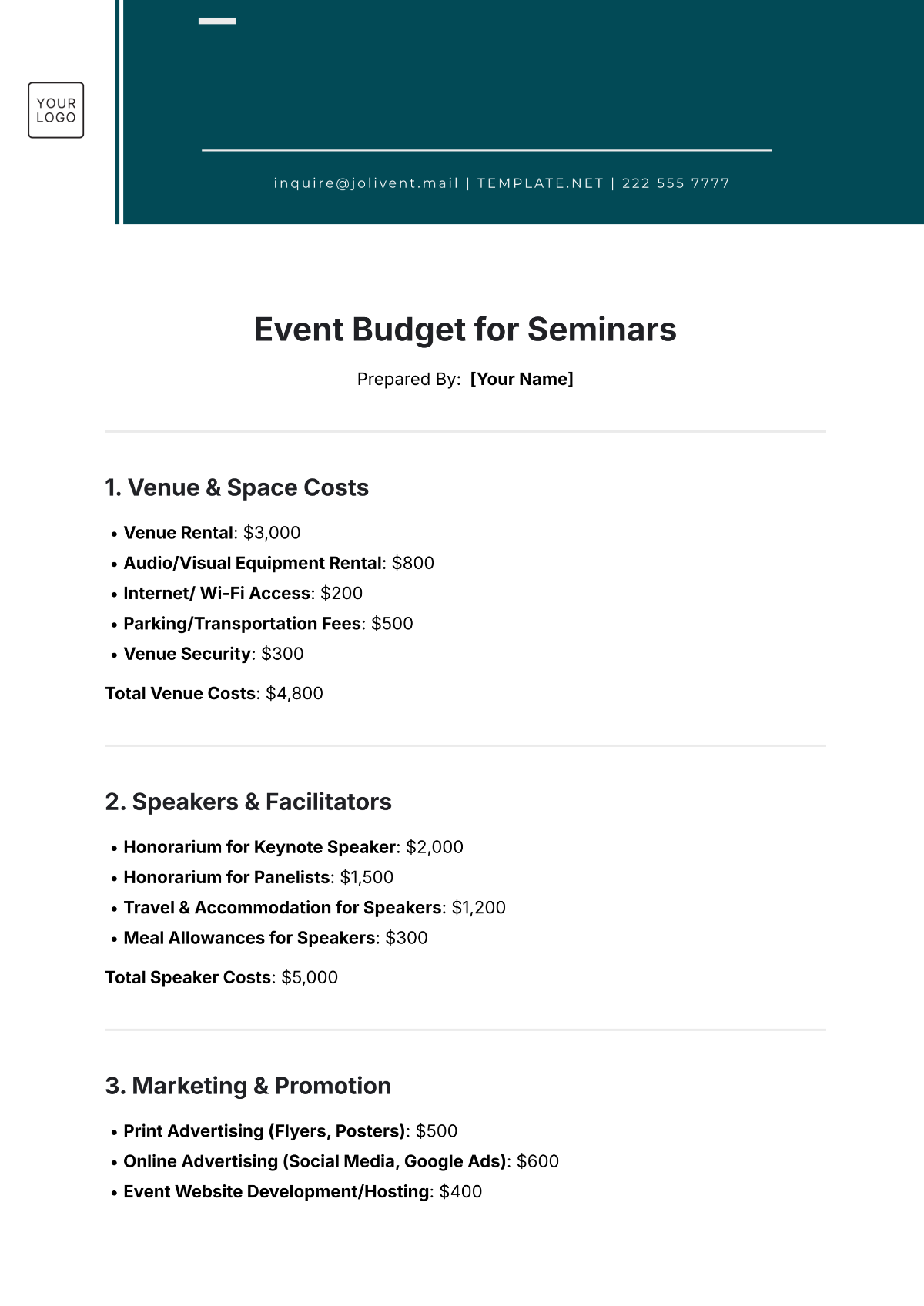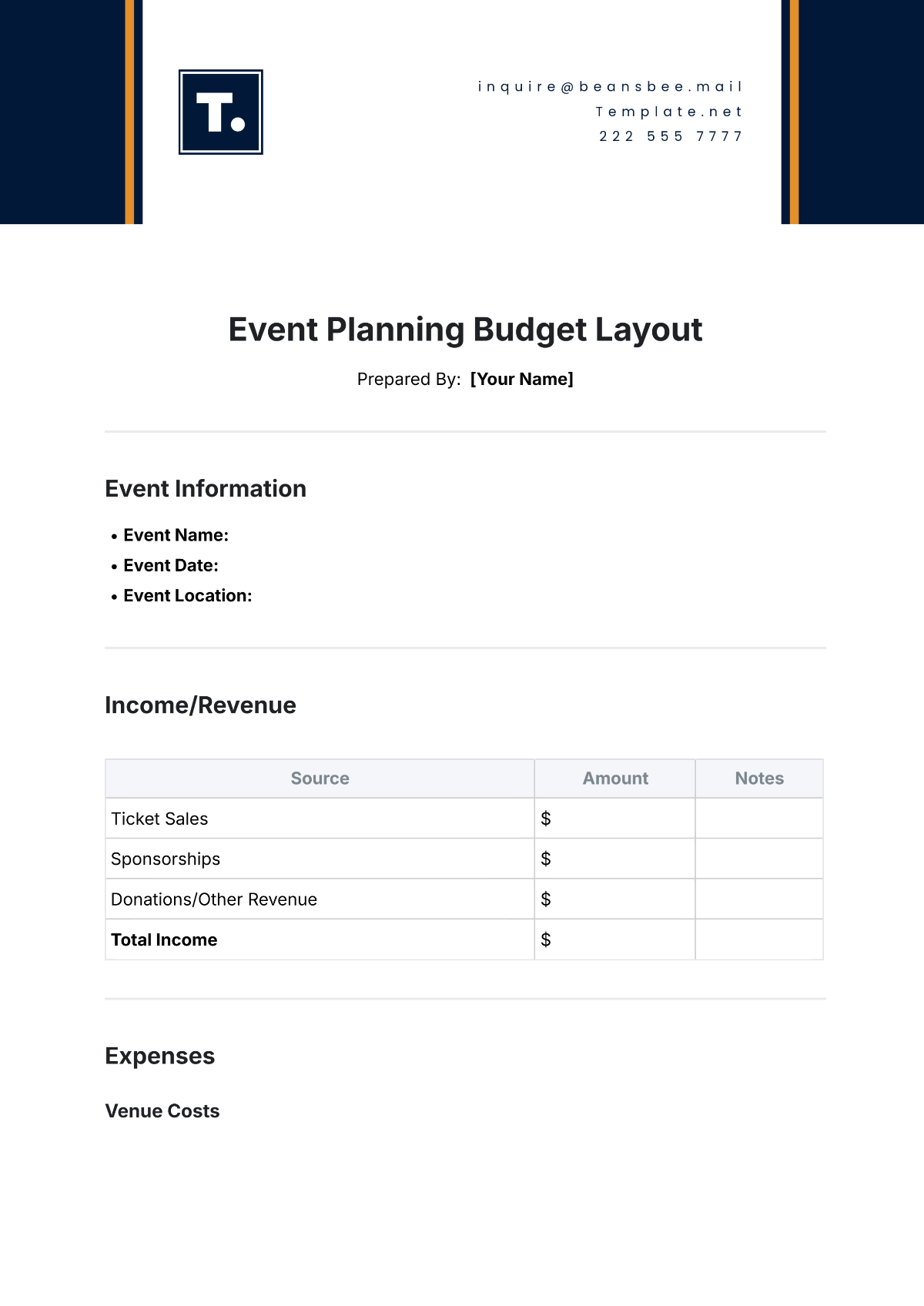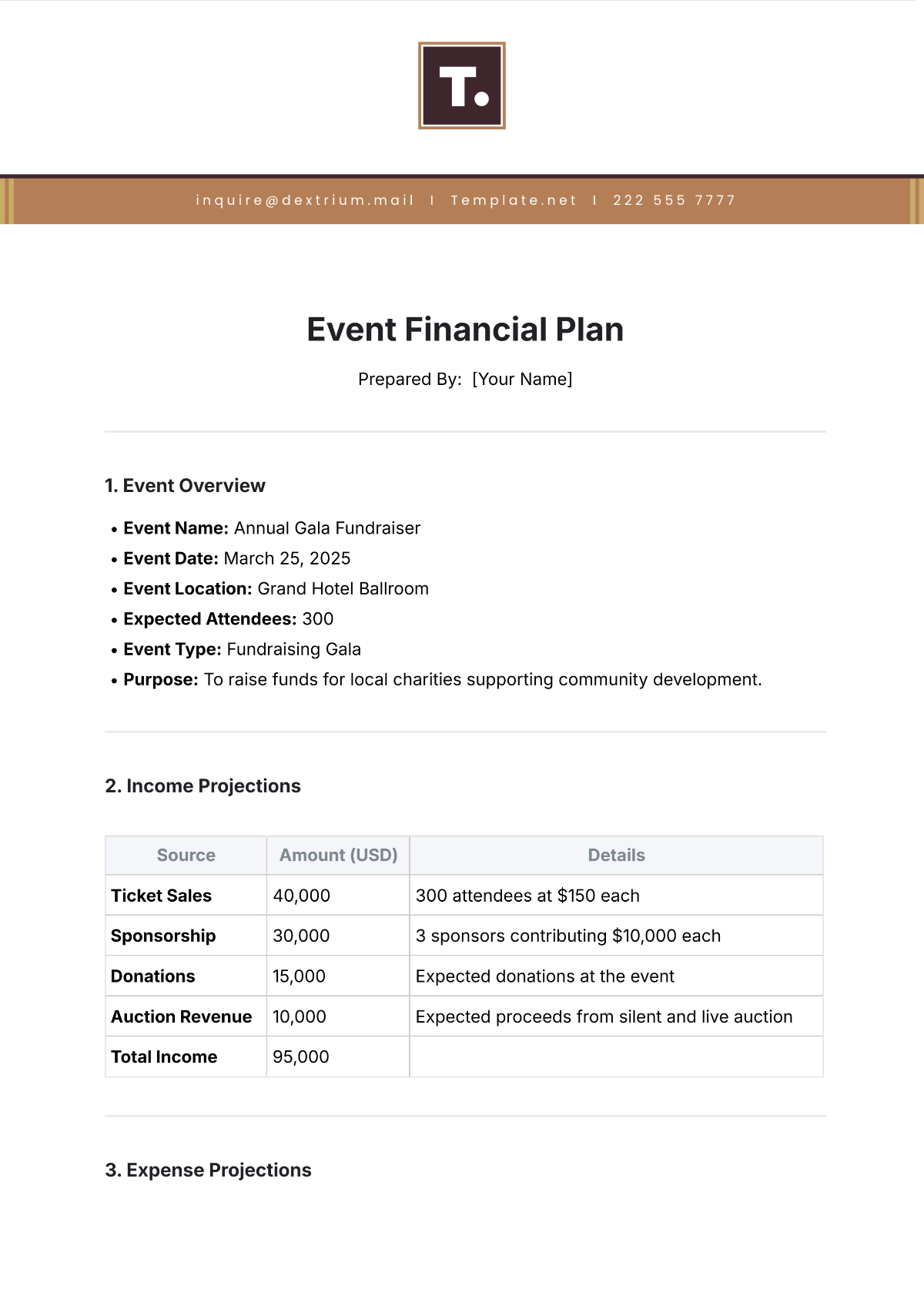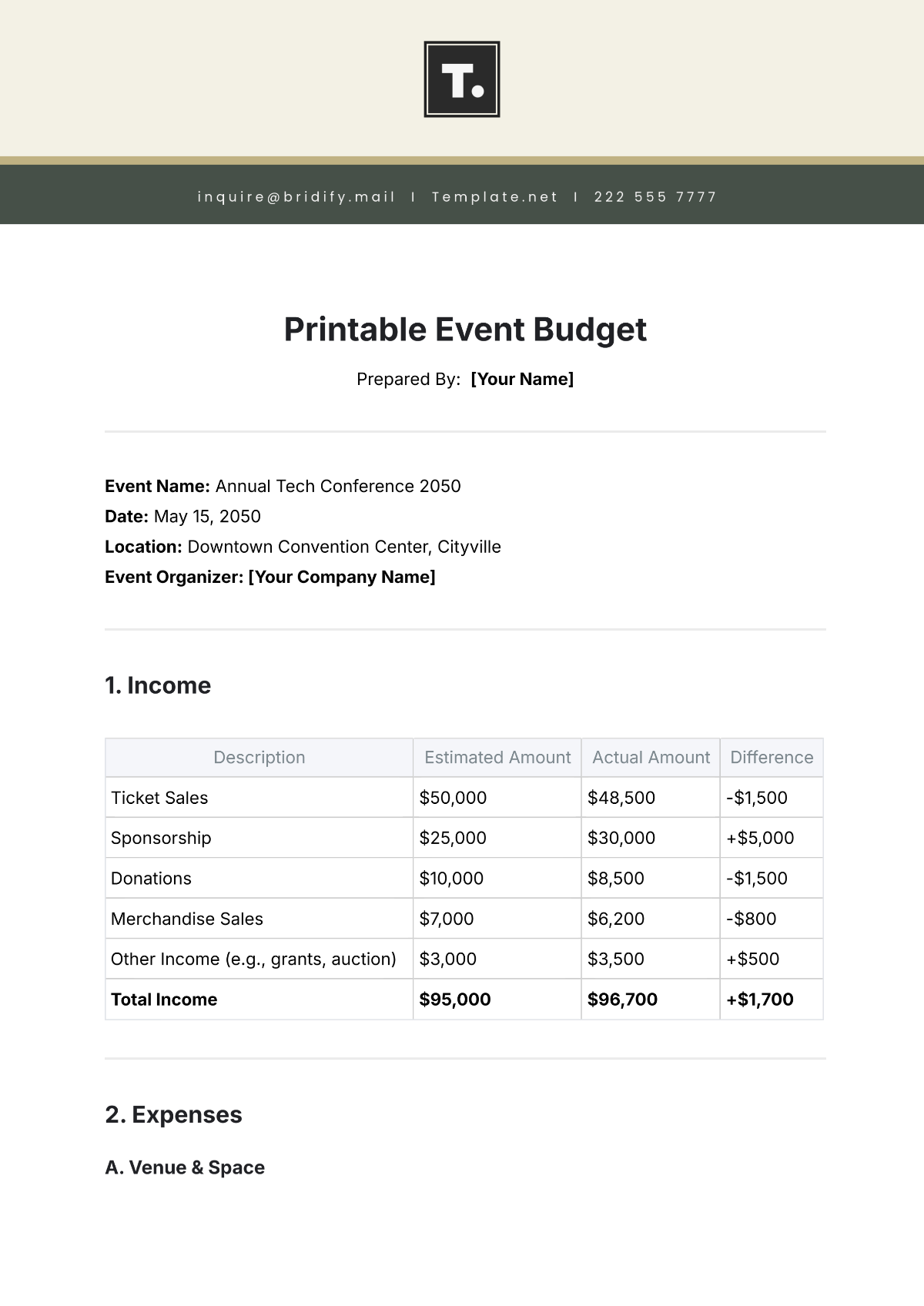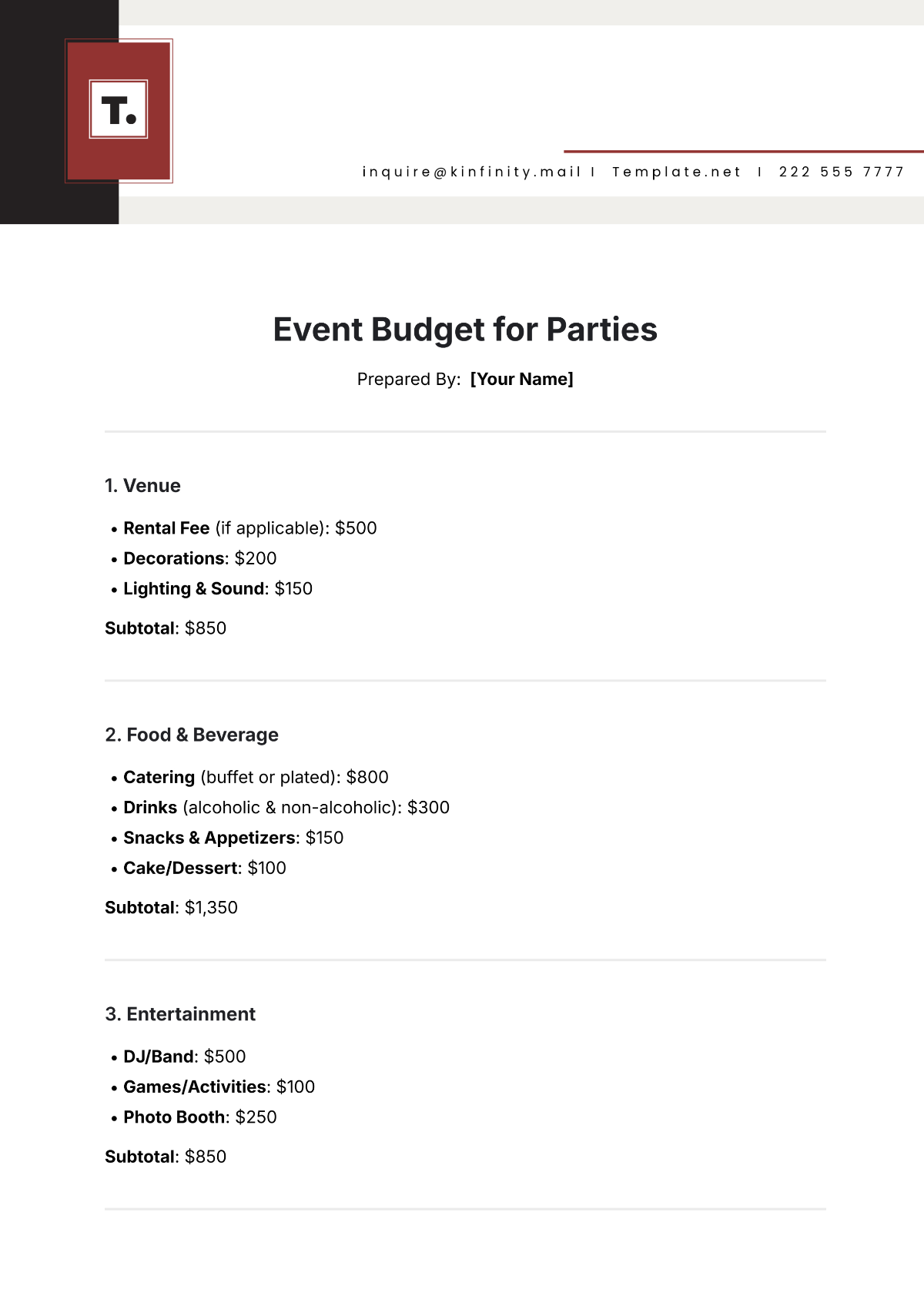Free Budget Justification for Modular Building Template
Budget Justification for Modular Building
Prepared By: [YOUR NAME]
Date: [DATE]
I. Executive Summary
The purpose of this document is to provide a comprehensive budget justification for the proposed modular building project. This justification details all the financial requirements, ensuring transparency and alignment with project objectives. The project seeks a budget of $2,500,000, which will cover all aspects necessary for the successful construction and deployment of the modular building.
II. Project Description
The proposed modular building project aims to provide a cost-effective and efficient solution to meet the increasing demand for office space. The objective of this project is to design, construct, and install a fully functional modular building. The scope includes architectural design, procurement of materials, construction, transportation, set-up, and interior furnishing of the modular building.
III. Cost Breakdown
Item | Cost | Description |
|---|---|---|
Materials | $800,000 |
|
Labor | $600,000 |
|
Transportation | $250,000 |
|
Permits | $50,000 |
|
Contingency Funds | $300,000 |
|
Miscellaneous | $100,000 |
|
Total | $2,500,000 |
IV. Justification of Costs
Materials: The cost of materials is based on the current market rates for high-quality construction materials. Detailed quotes were obtained from multiple suppliers to ensure competitive pricing. The materials listed are critical for the structural integrity and safety of the modular building.
Labor: The labor costs are justified by the requirement for skilled workers to ensure the building is constructed to the highest standards. Rates were benchmarked against industry standards and included all necessary labor for the duration of the project.
Transportation: Transportation costs cover the logistical expenses of moving the modular units from the production facility to the site. This includes specialized trucking services and handling fees, ensuring safe and efficient delivery.
Permits: Permits are mandatory for compliance with local building codes and laws. Costs are based on consultations with local authorities and past experiences with similar projects.
Contingency Funds: Contingency funds are allocated to cover any unforeseen expenses that may arise during construction, such as weather delays or design modifications. This is a standard practice to mitigate financial risks.
Miscellaneous: This category includes expenses that do not fall under the main headings but are essential to the project's success. These include site preparation, utility connections, and furnishing costs.
V. Funding Sources
The project's financial requirements will be met through a mix of grants from various organizations, corporate donations, and loans from financial institutions, all of which have been carefully vetted and secured to ensure the project's uninterrupted progress.
VI. Timeline and Milestones
Quarter | Activities |
|---|---|
Q1 2024 |
|
Q2 2024 |
|
Q3 2024 |
|
Q4 2024 |
|
Payments will be scheduled based on the completion of key milestones, with major disbursements coinciding with procurement, mid-construction, transportation, and completion stages.
VII. Risk Assessment
Several potential financial risks have been identified, and the following strategies have been implemented to mitigate them:
Cost Overruns: A $300,000 contingency fund is allocated to cover unexpected expenses. Regular budget reviews will help monitor and adjust forecasts, ensuring financial stability.
Delays in Permits: Early engagement with local authorities and timely application submissions are in place to avoid delays. Clear timelines and open communication will support prompt approvals.
Logistical Issues: Experienced logistics companies are selected for transportation and site setup. Planning buffers and contingency plans are established to handle potential delays and ensure smooth execution.
By implementing these strategies, the project aims to minimize financial risks and ensure successful and timely completion.
VIII. Appendices
The appendices include the following supporting documents:
Quotes from Material Suppliers: Obtaining comprehensive price quotes and contracts from all suppliers of construction materials to ensure competitive pricing and clear transparency.
Labor Contracts: Contracts and agreements with contractors and skilled laborers outlining terms, rates, and scope of work.
Transportation Agreements: Agreements and contracts with logistics providers for the transportation of modular units, including cost breakdowns and service terms.
Permit Applications and Approvals: Copies of all permit applications and obtained approvals from relevant local authorities, ensuring regulatory compliance.
Detailed Cost Analyses and Market Research Data: Comprehensive cost breakdowns, market research reports, and analyses supporting the budget, providing insight into pricing and financial assumptions.
